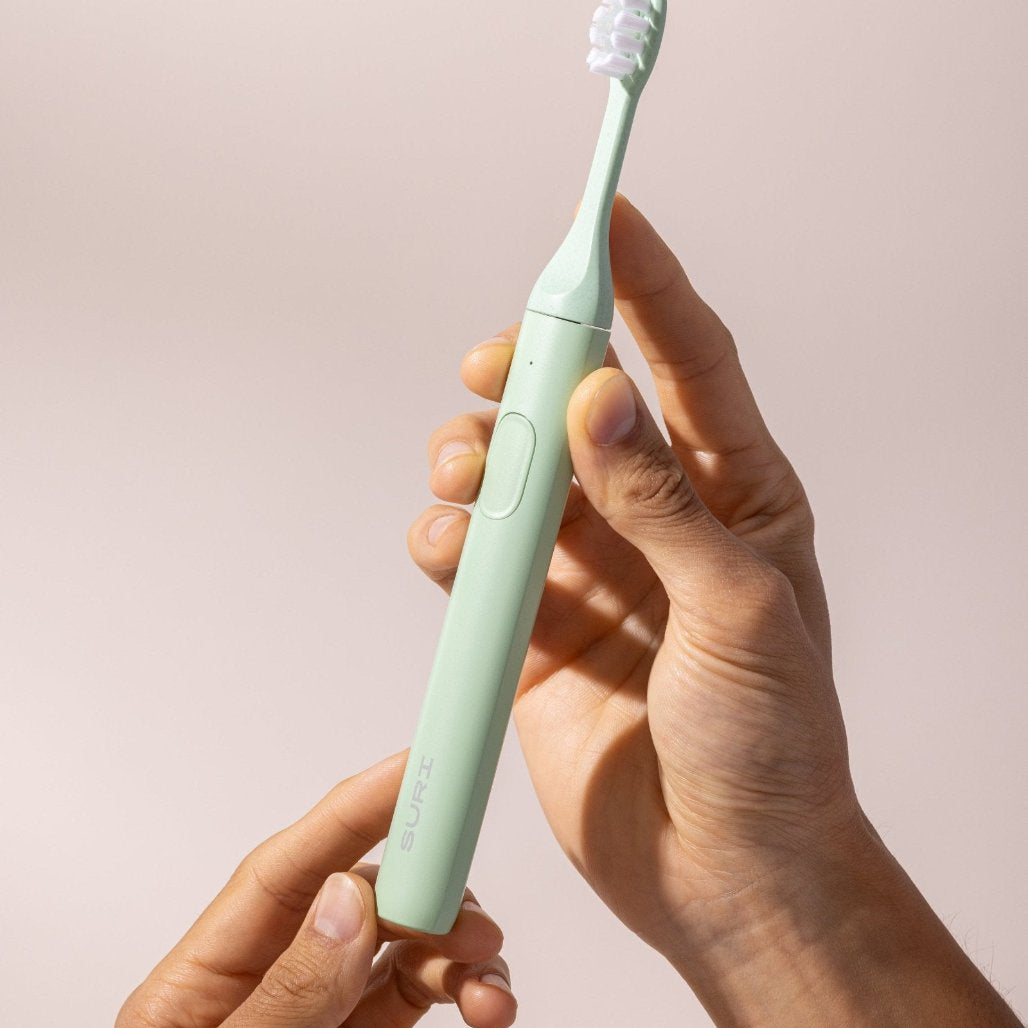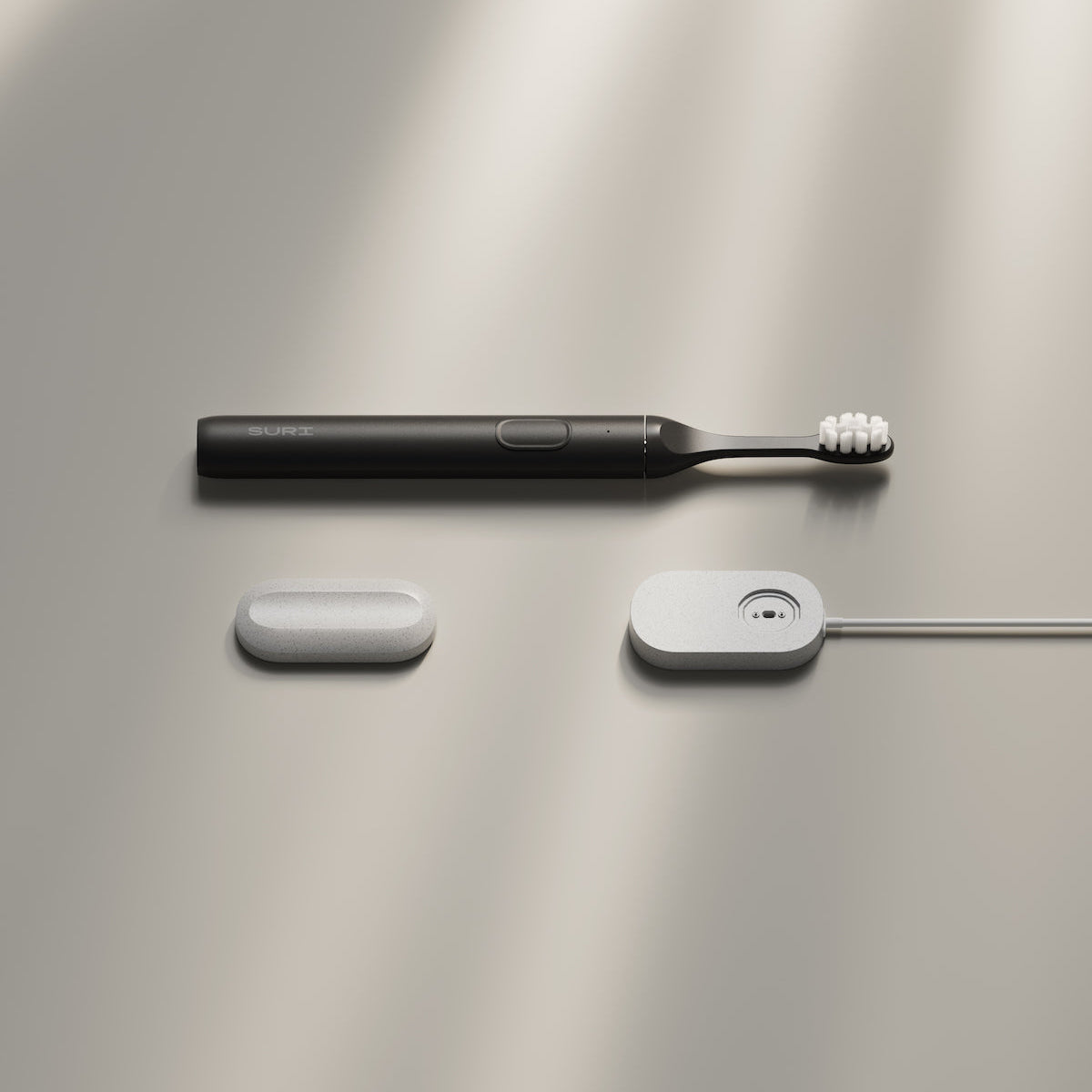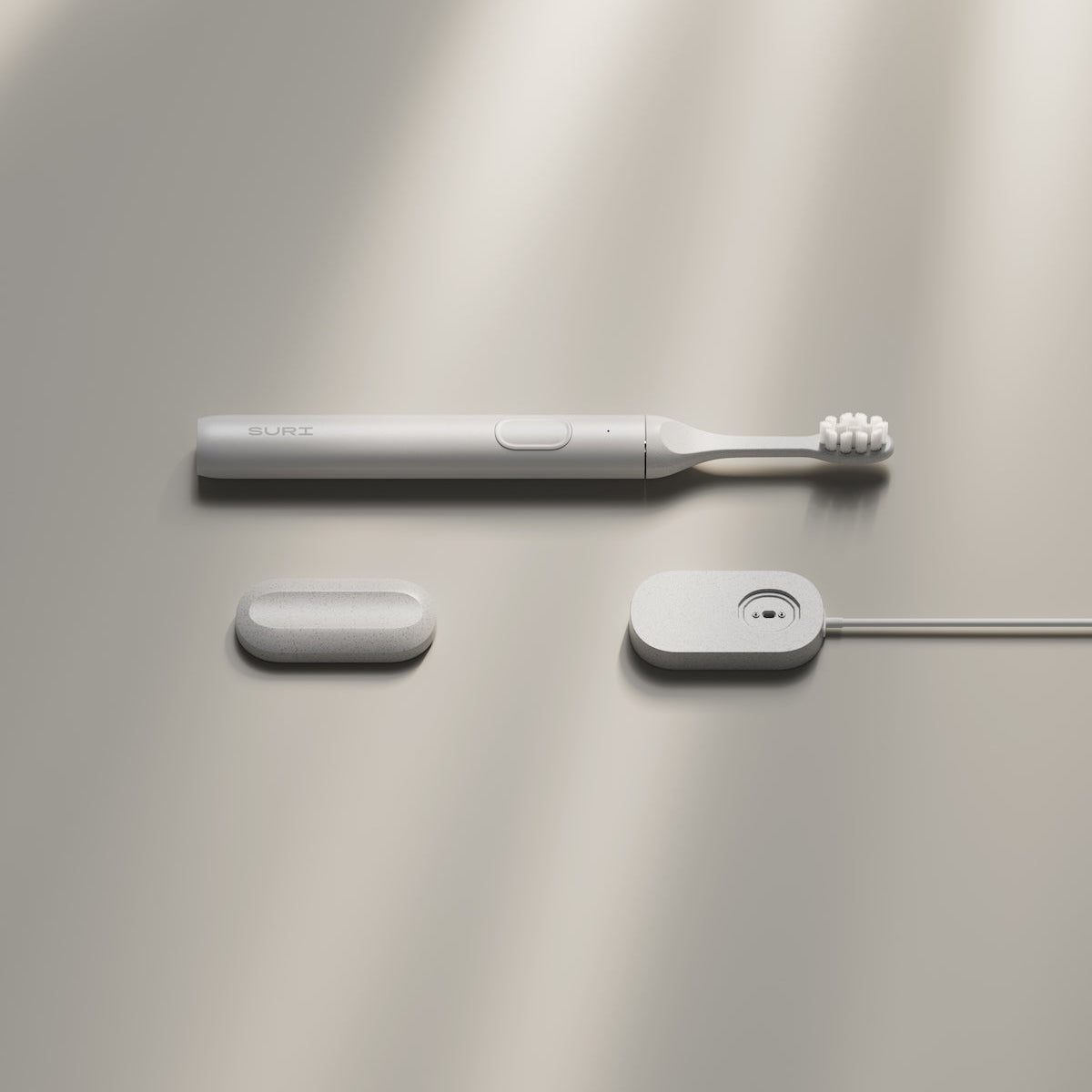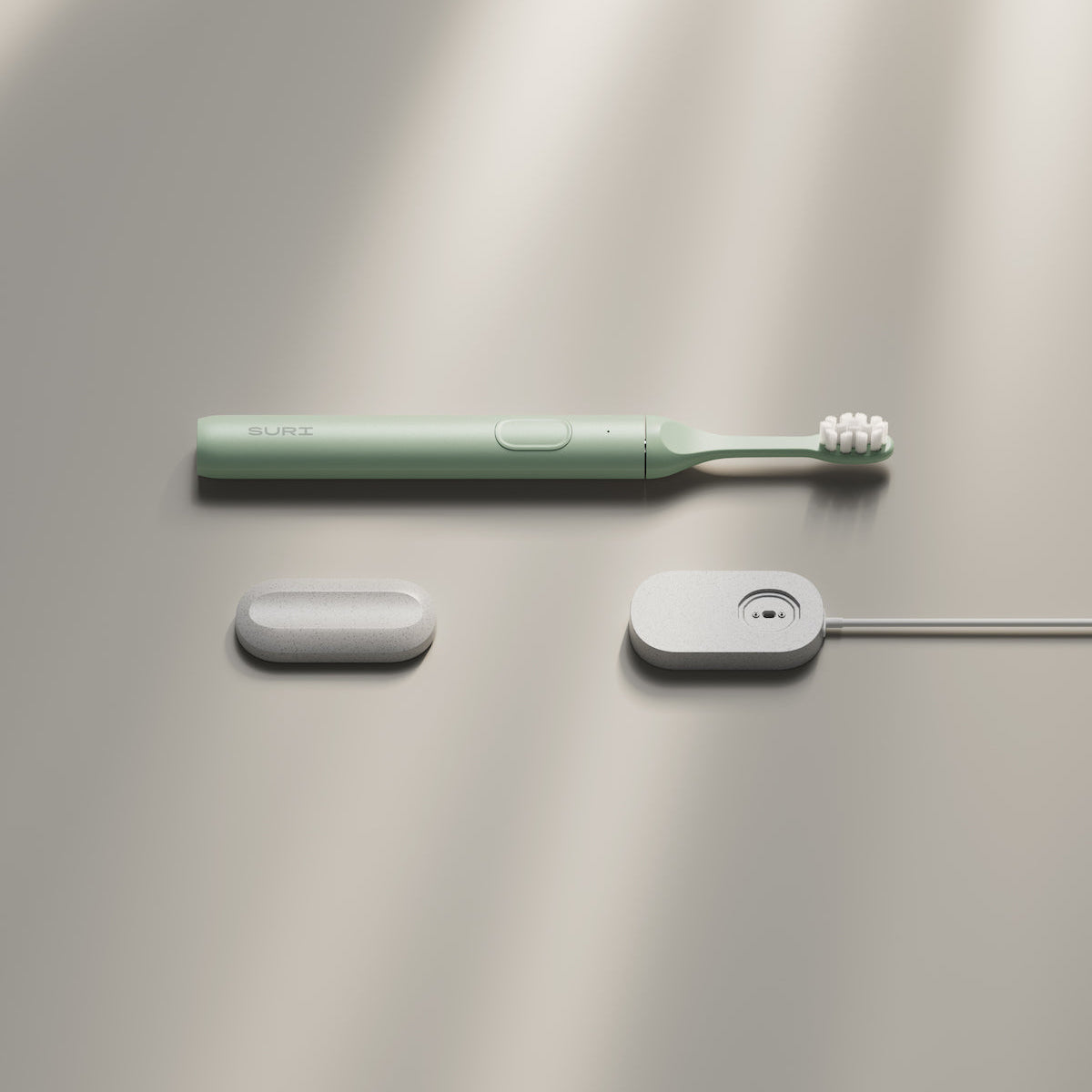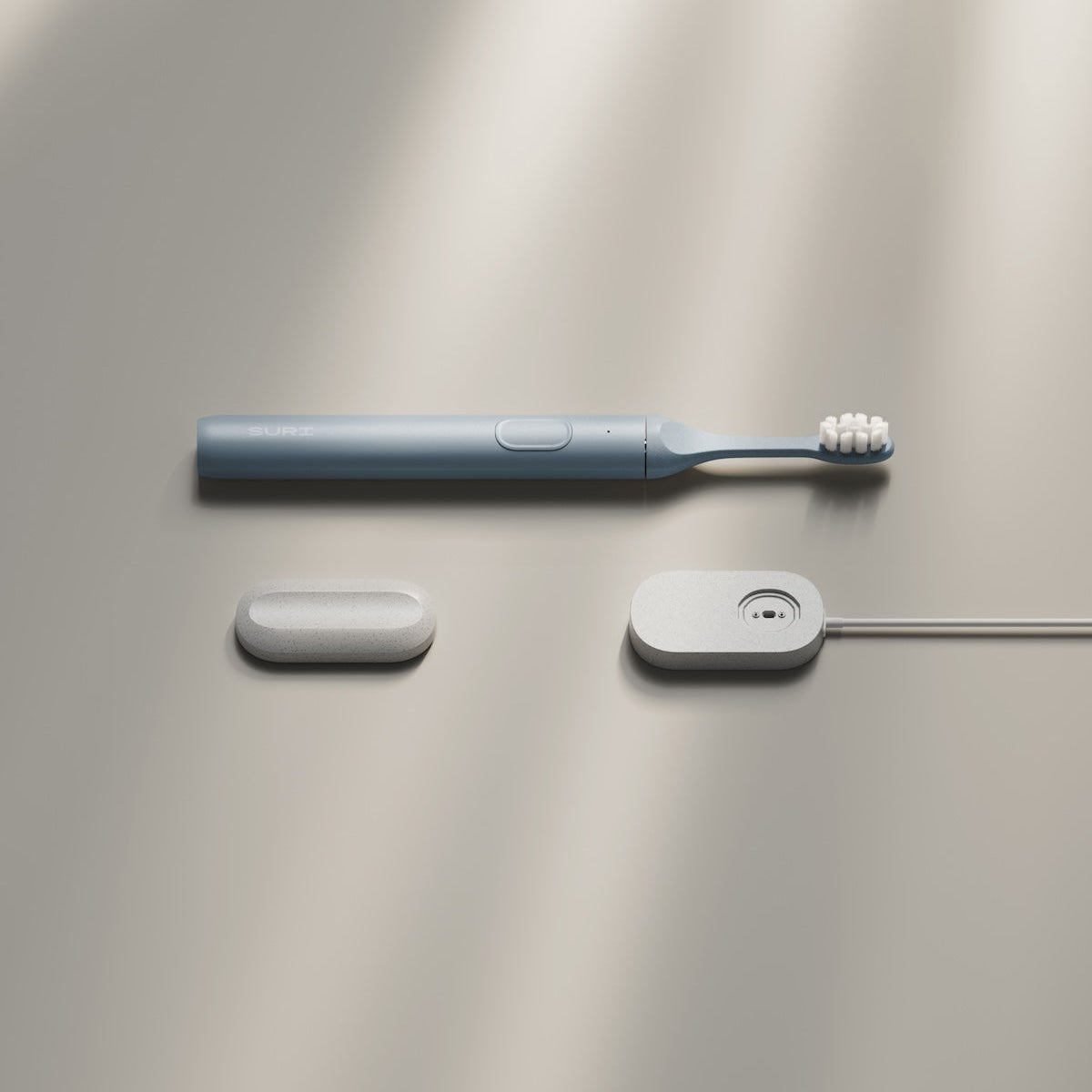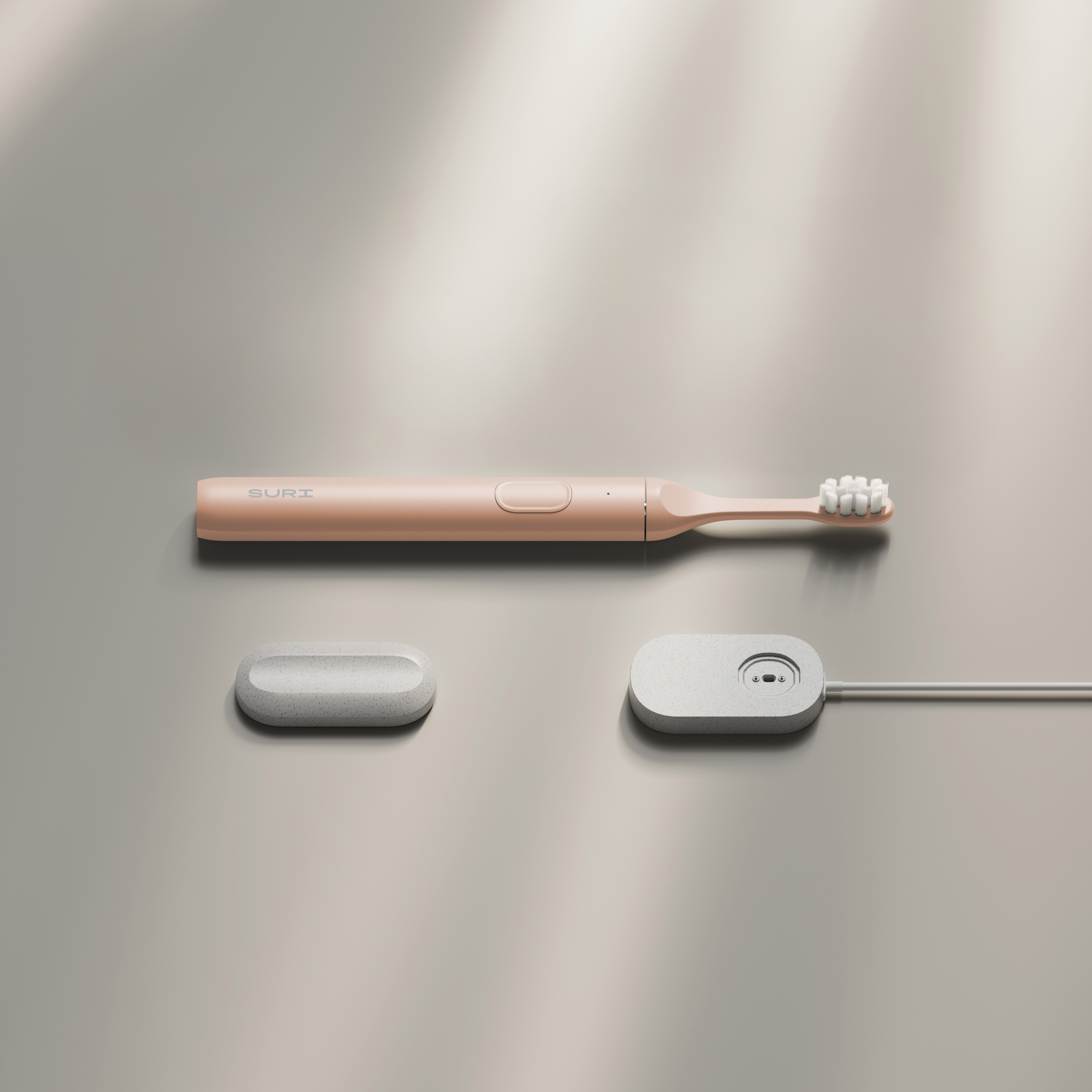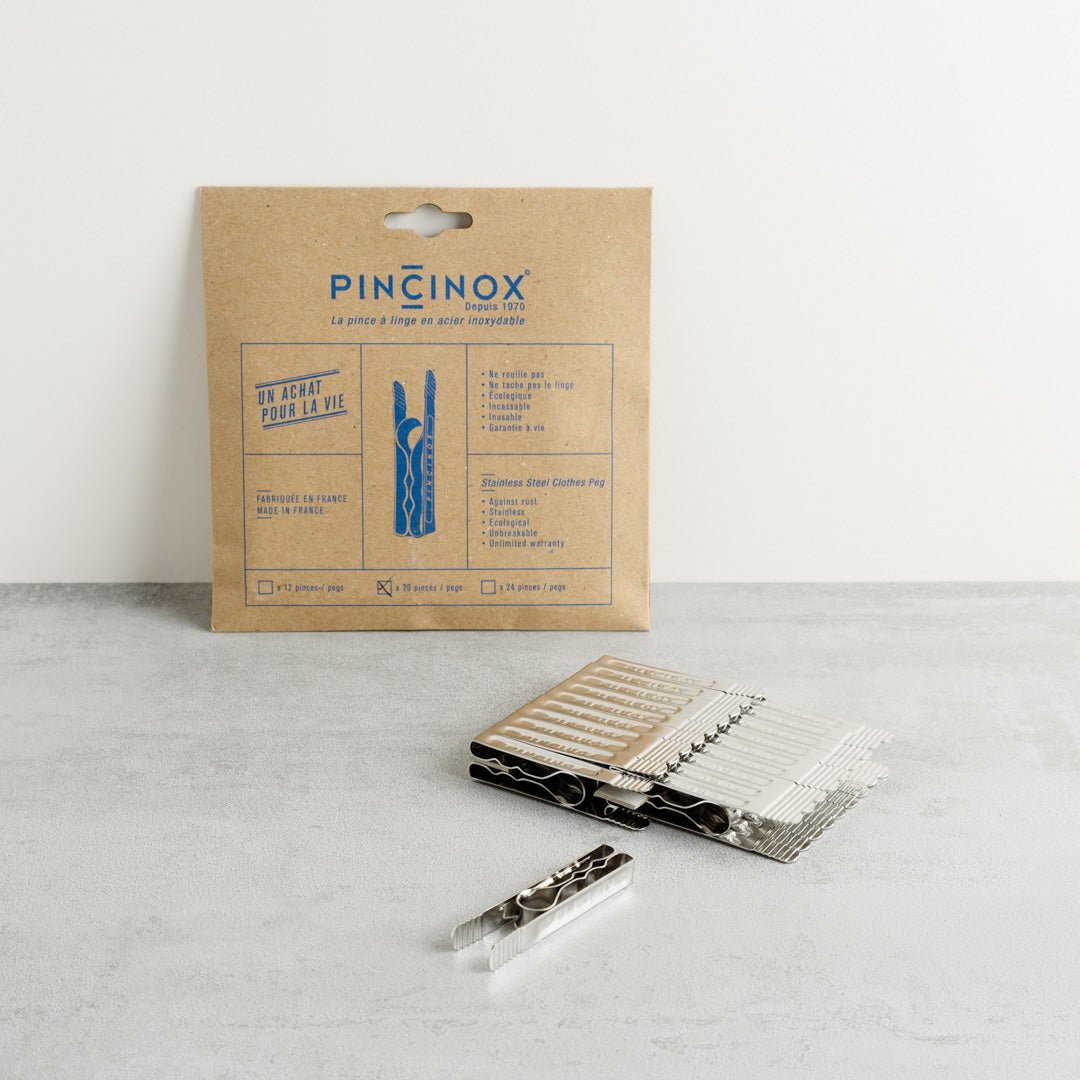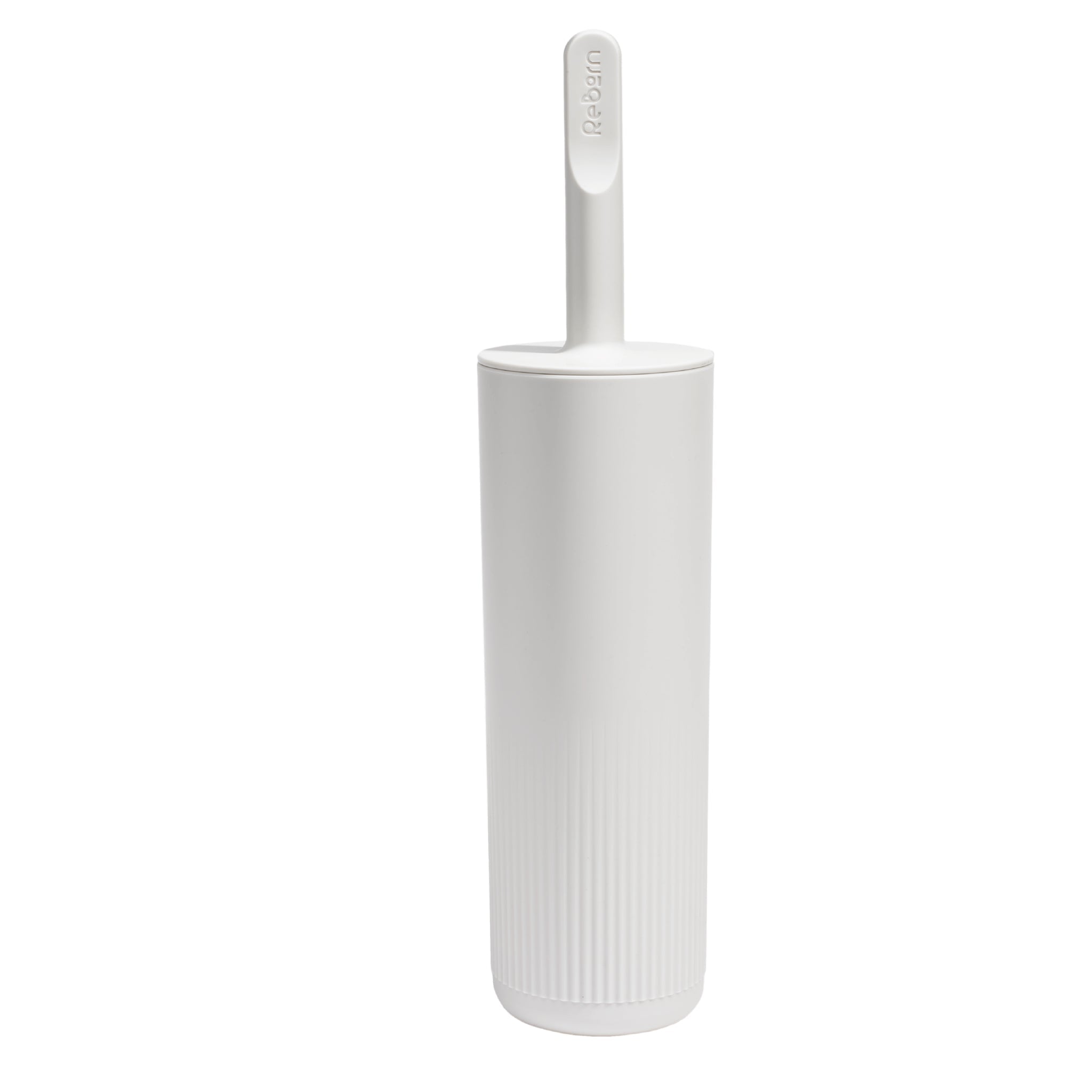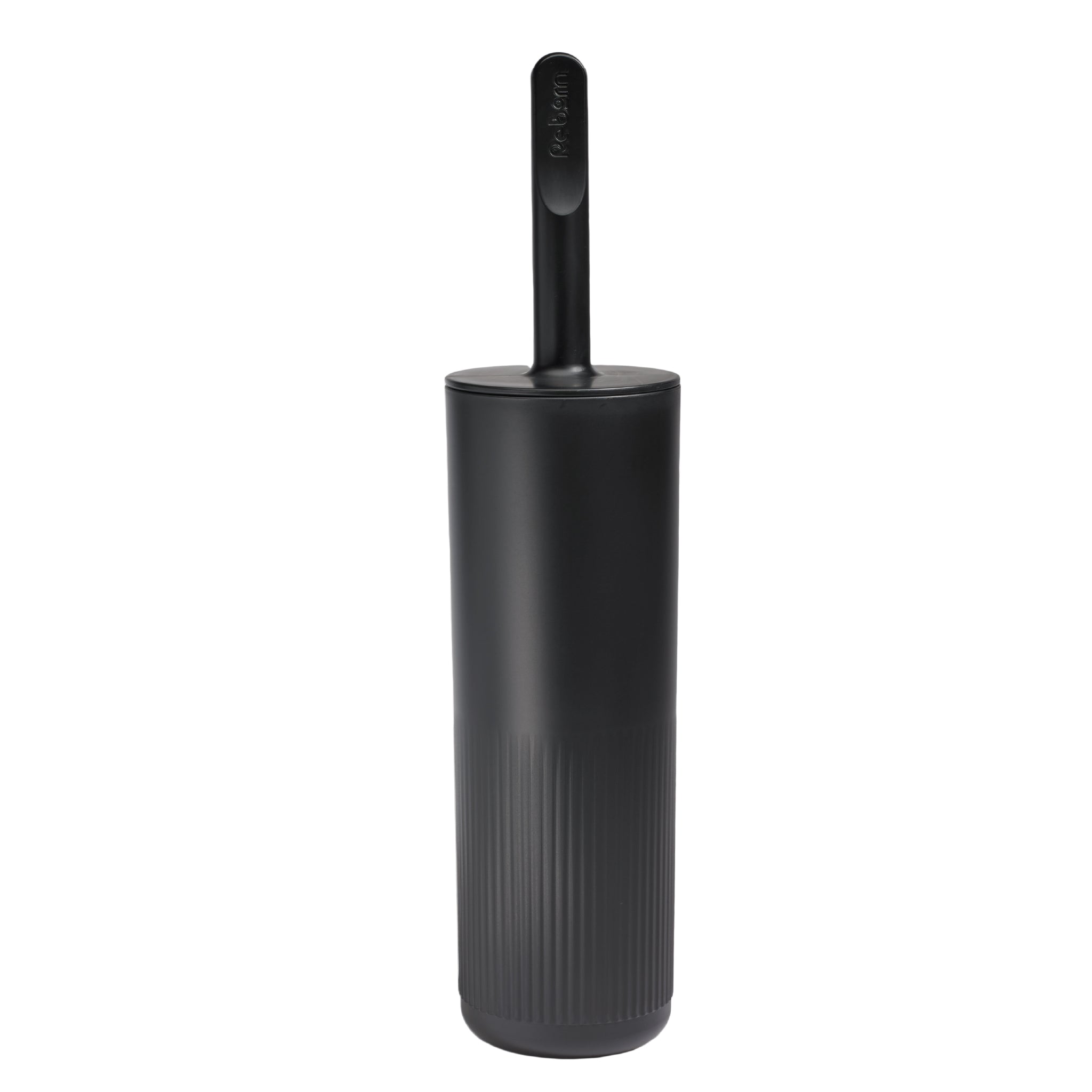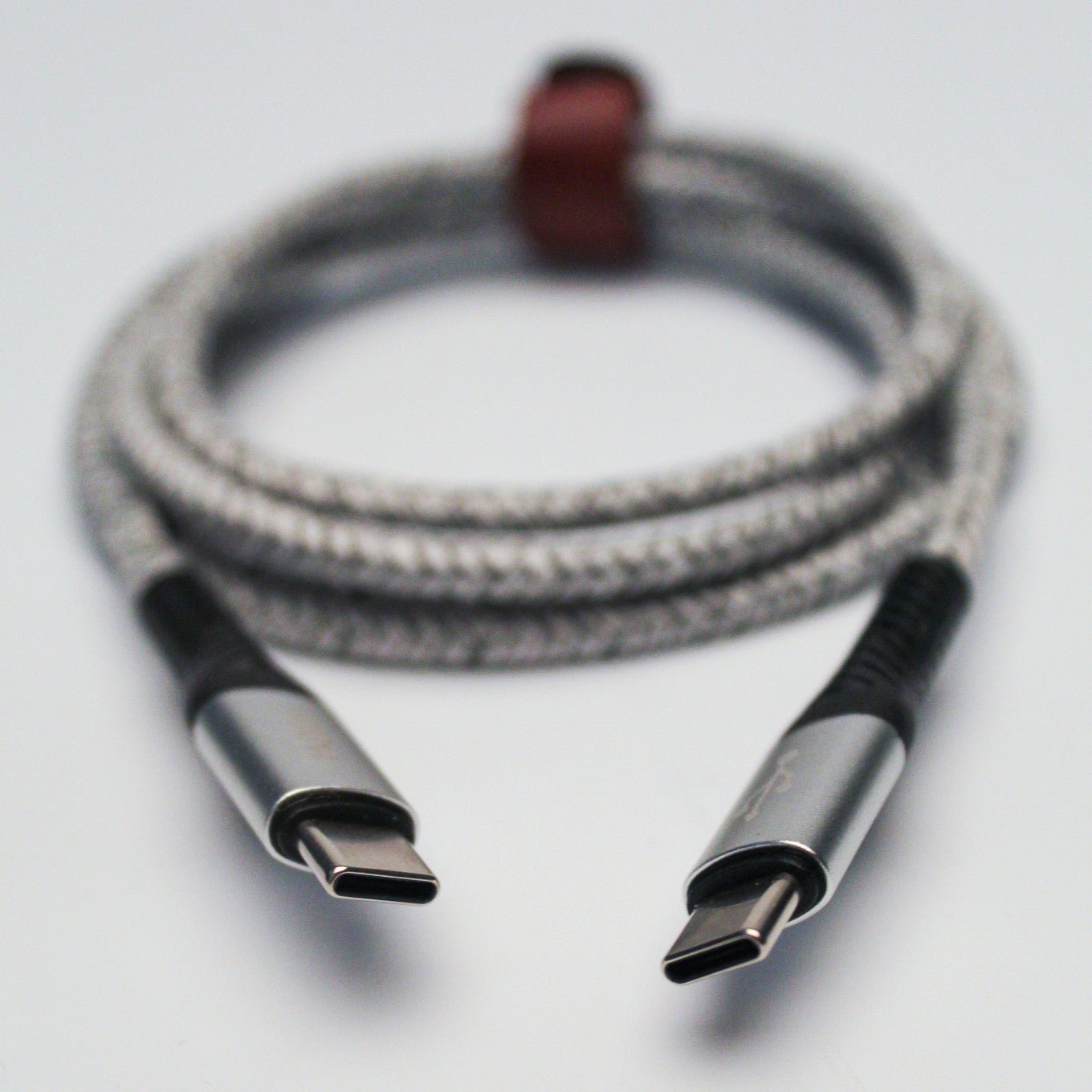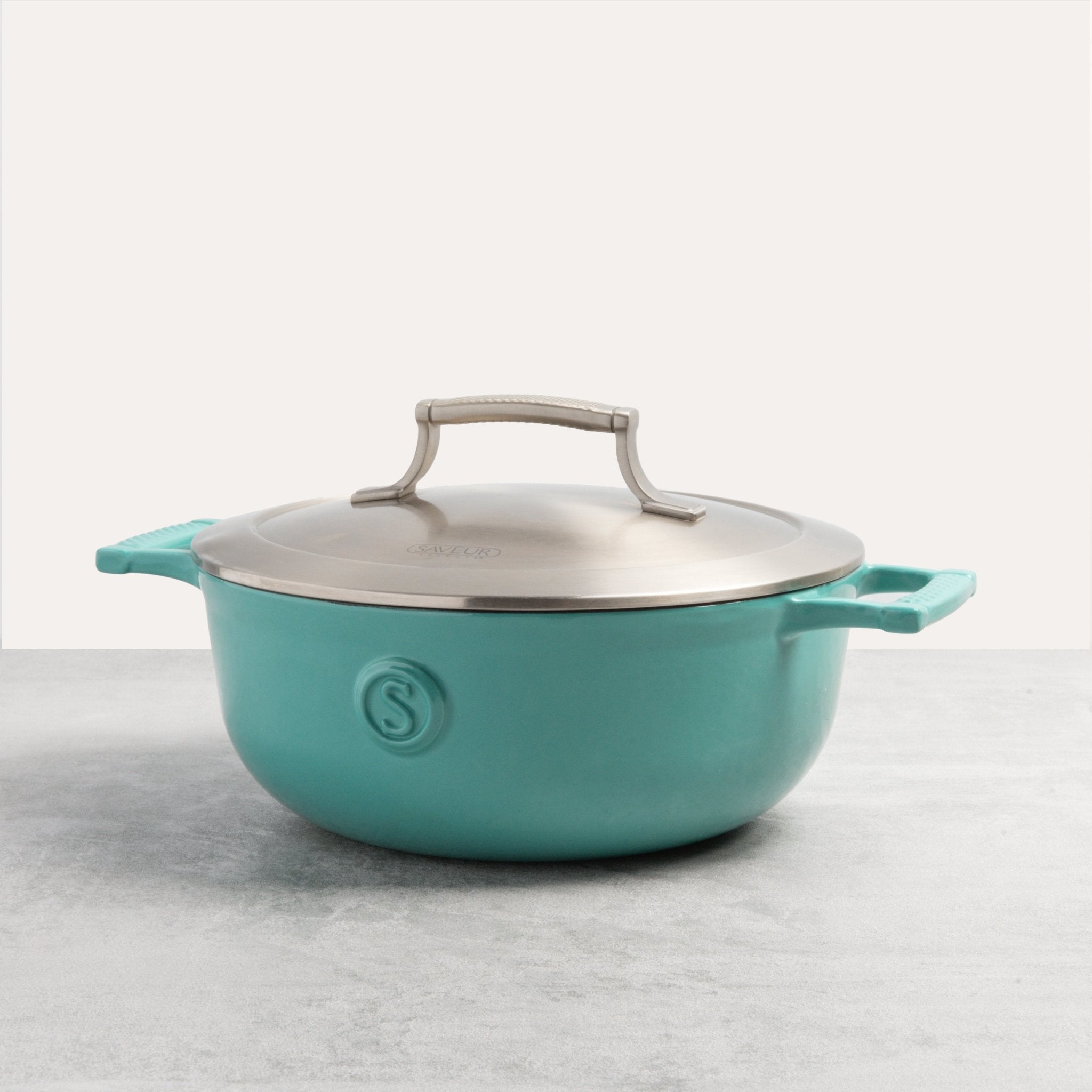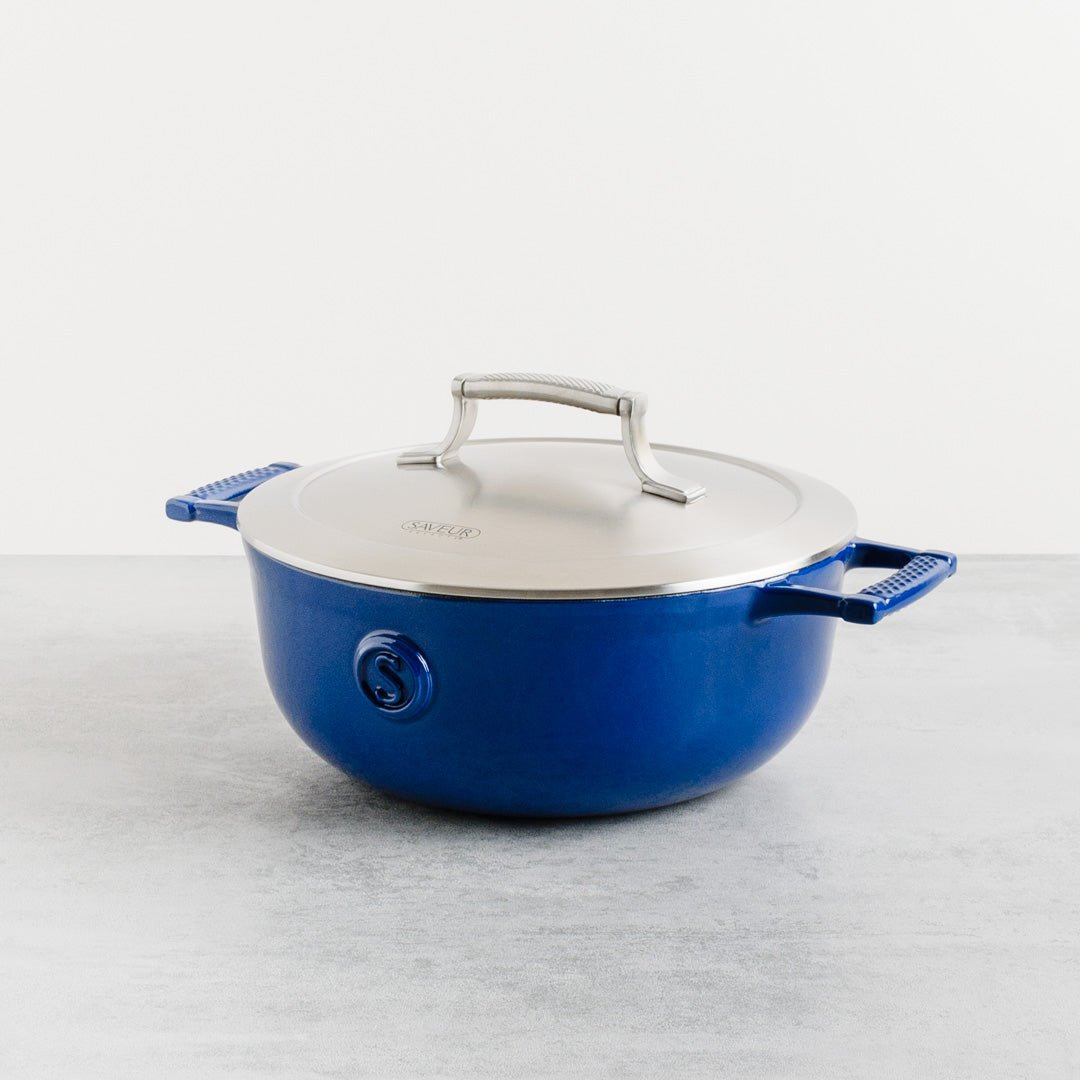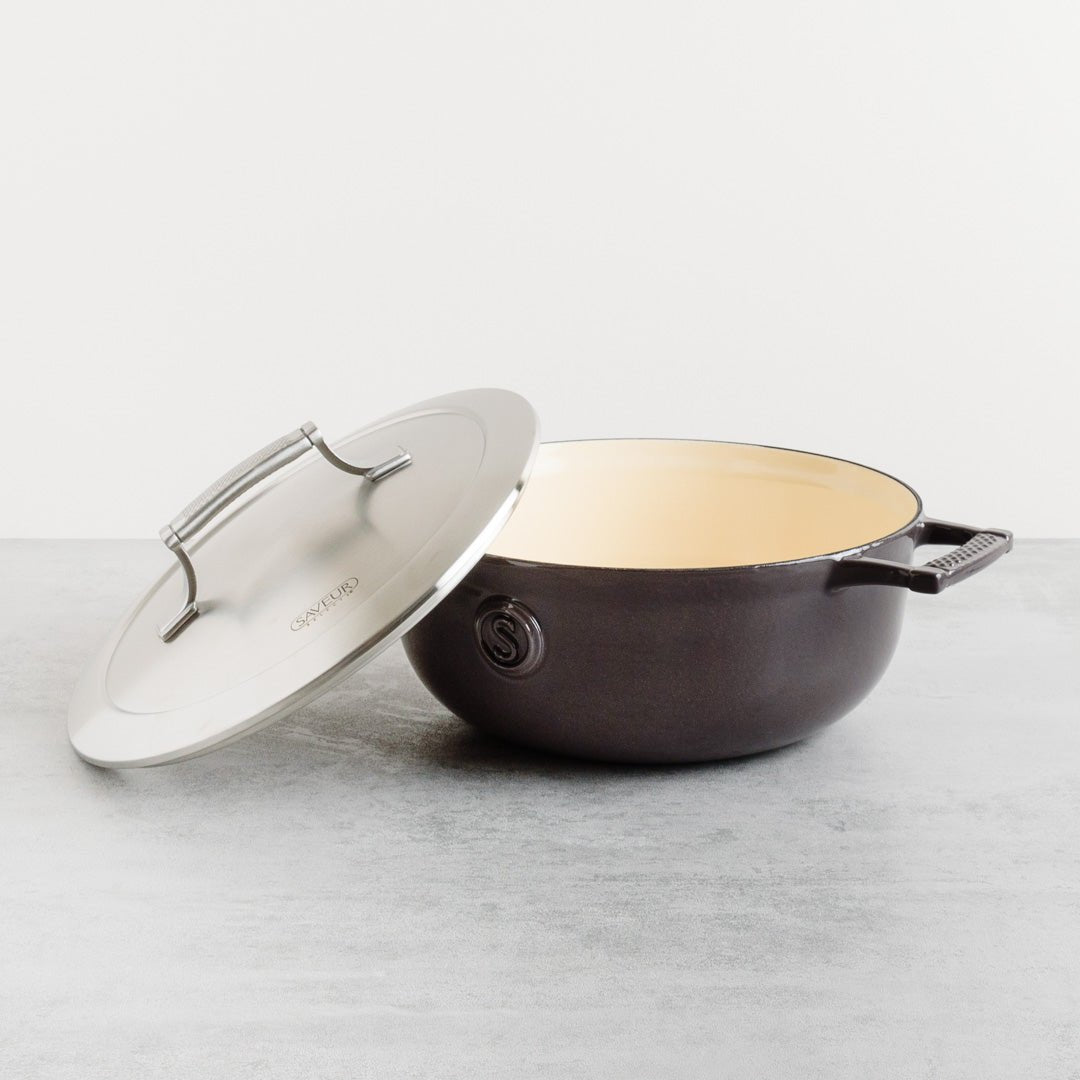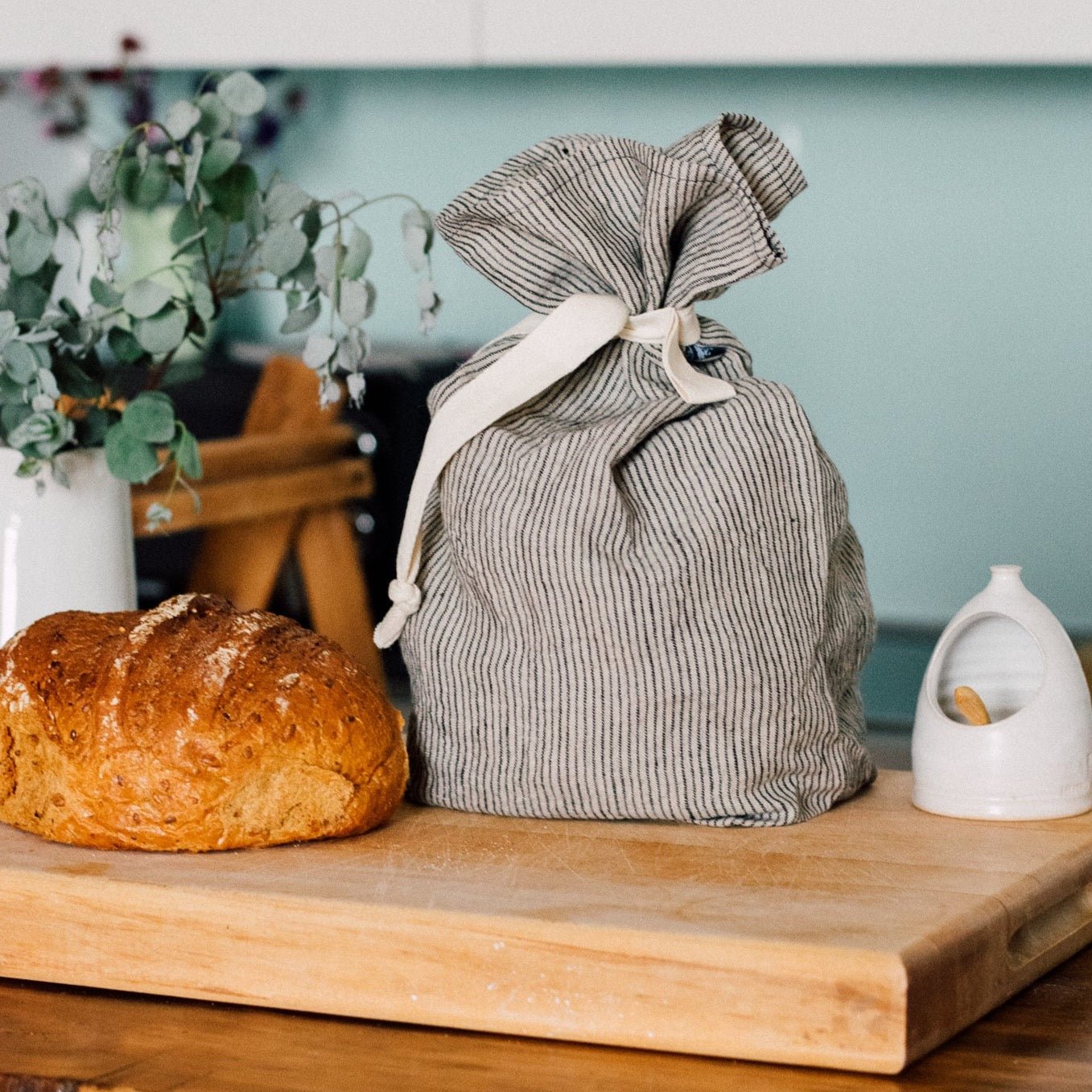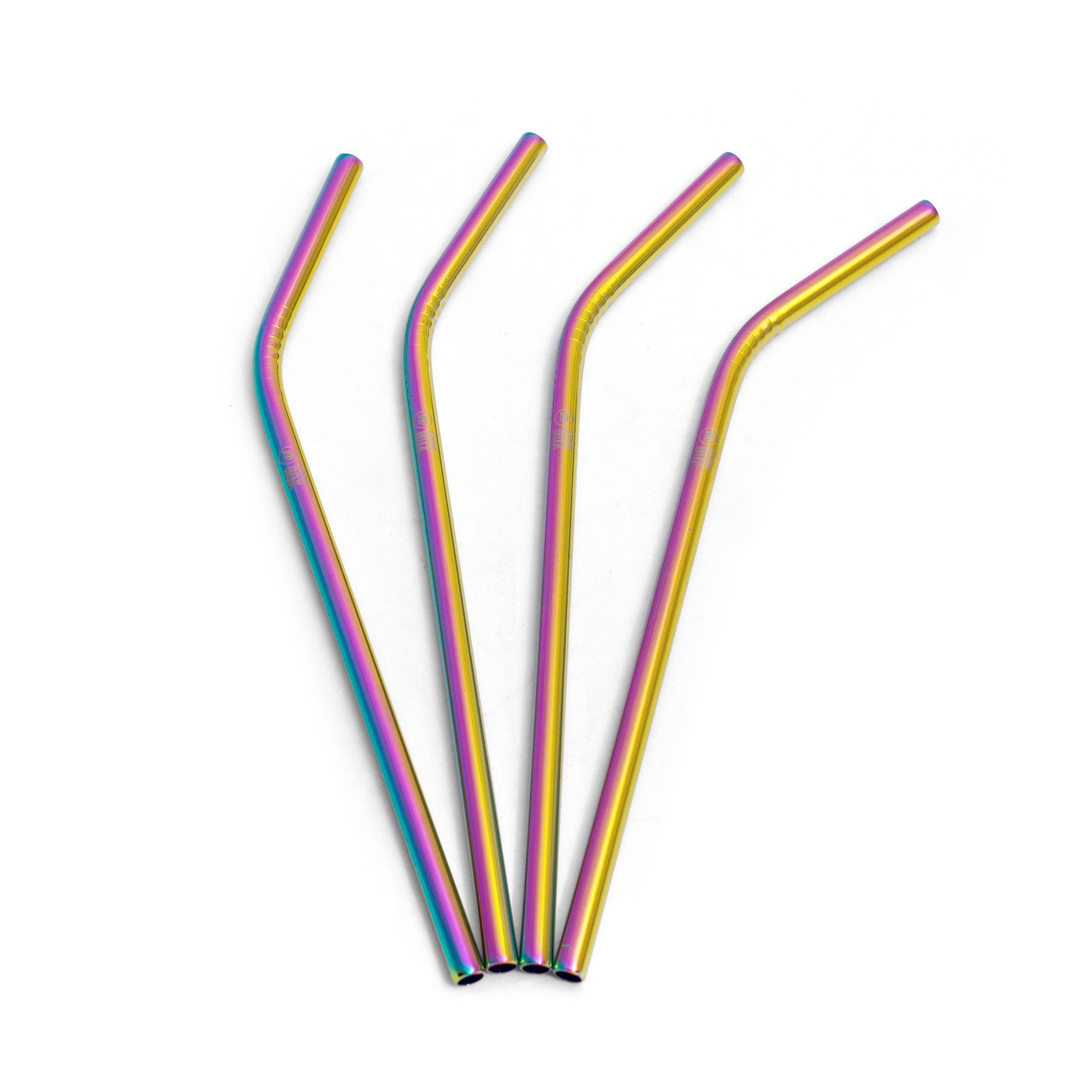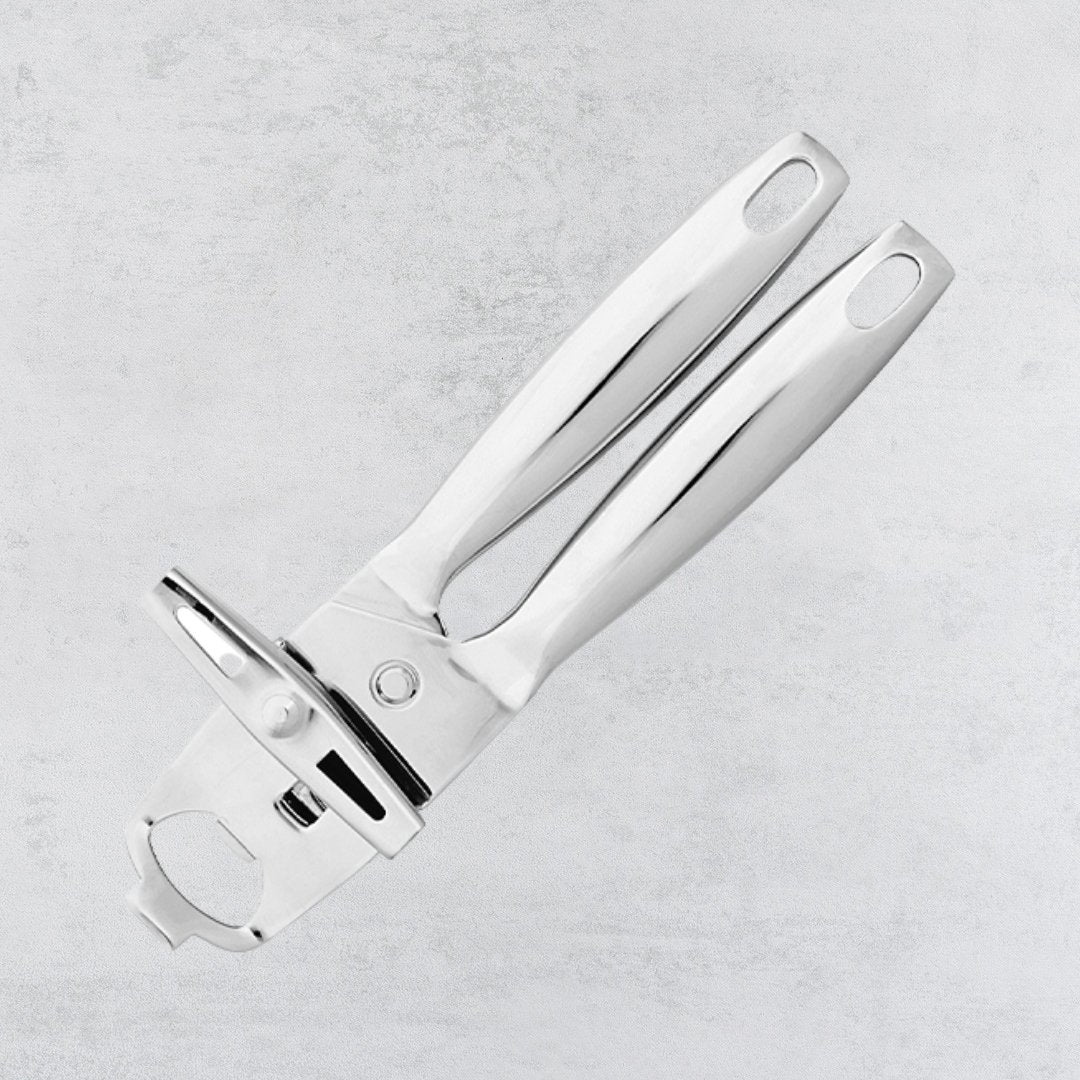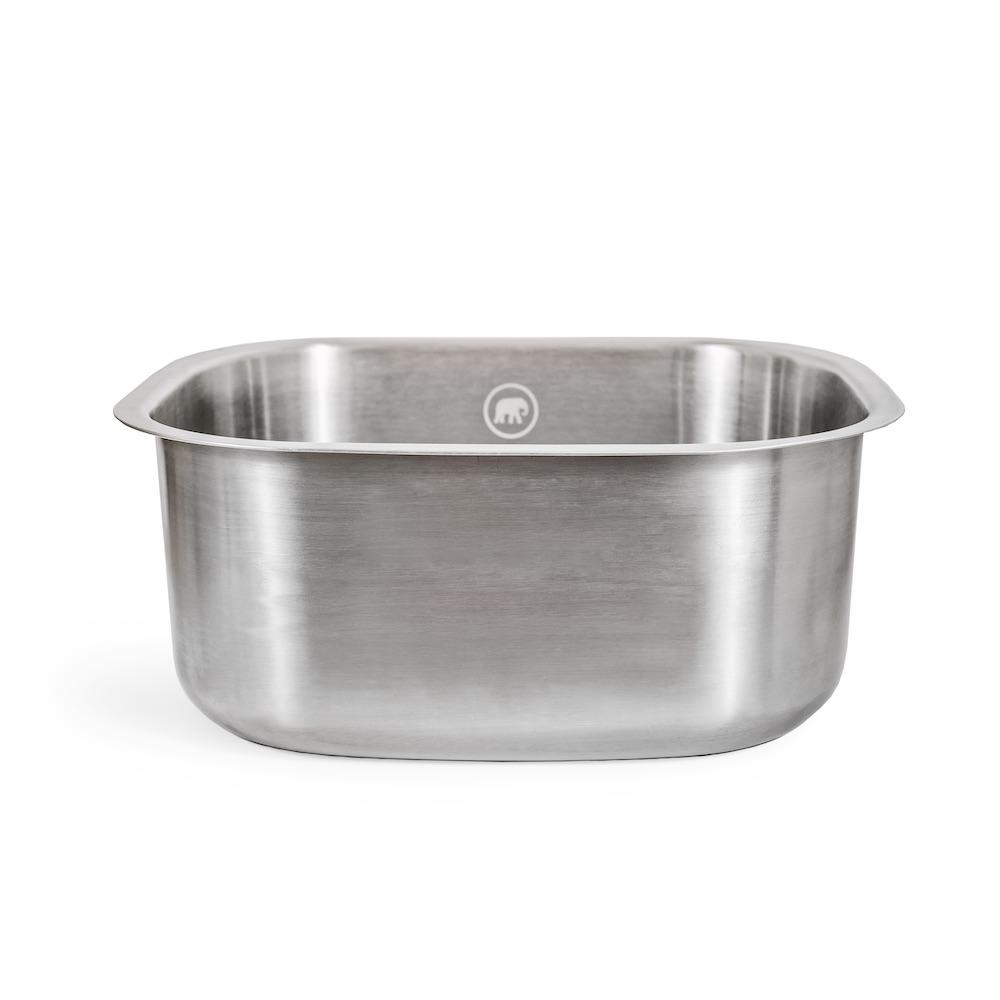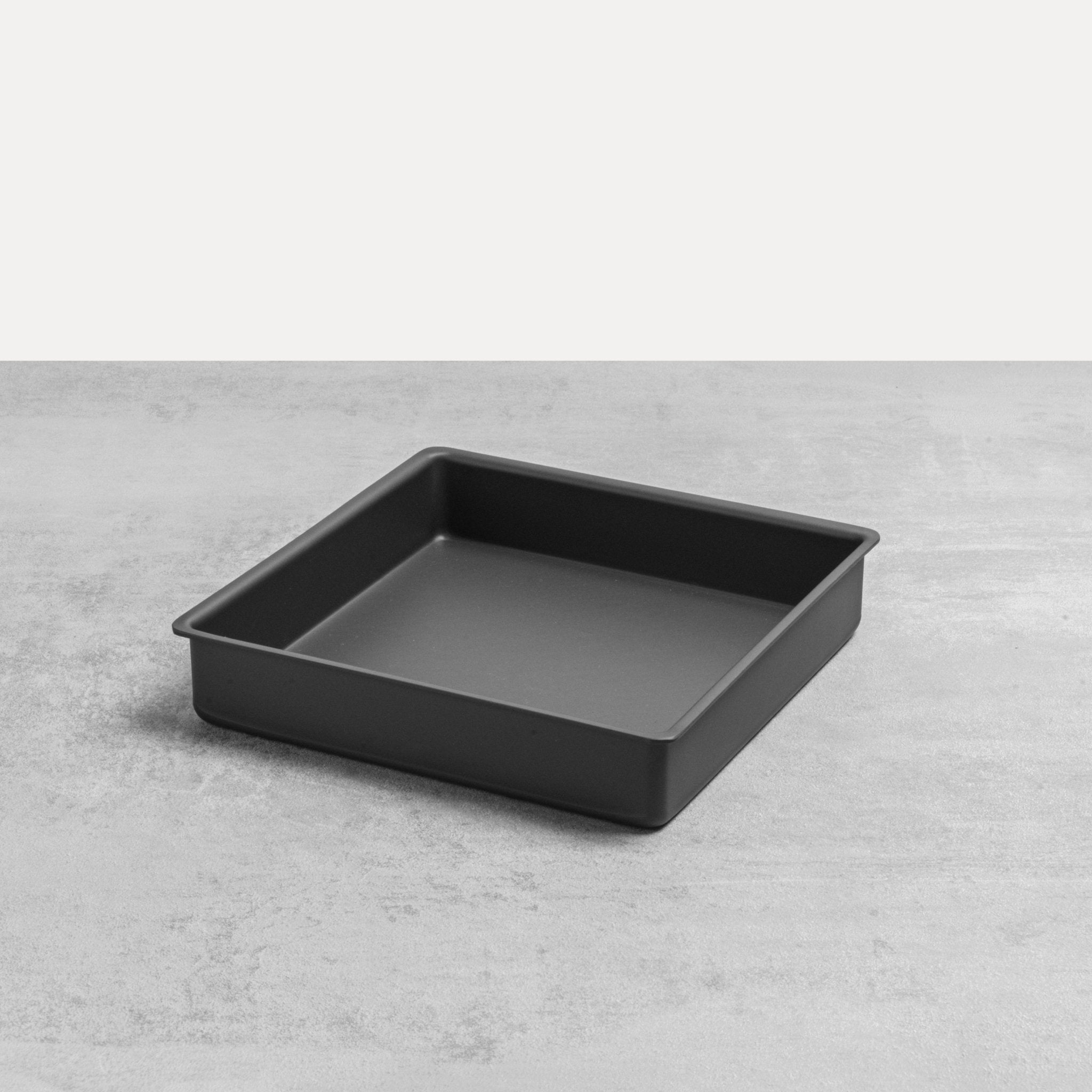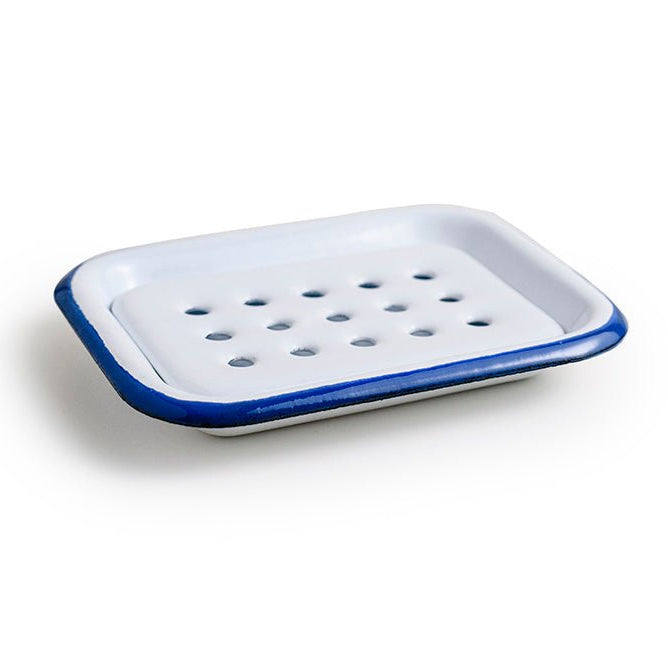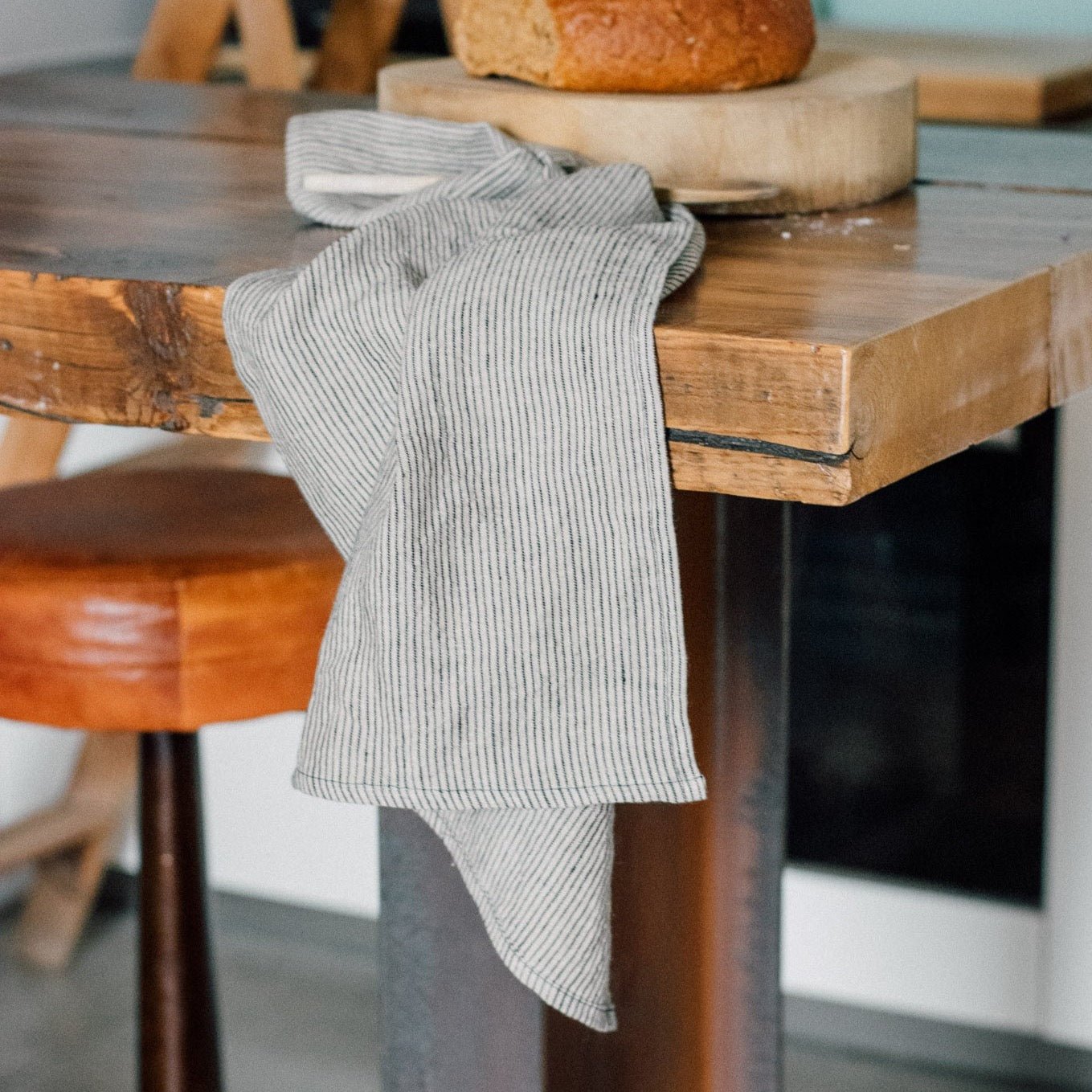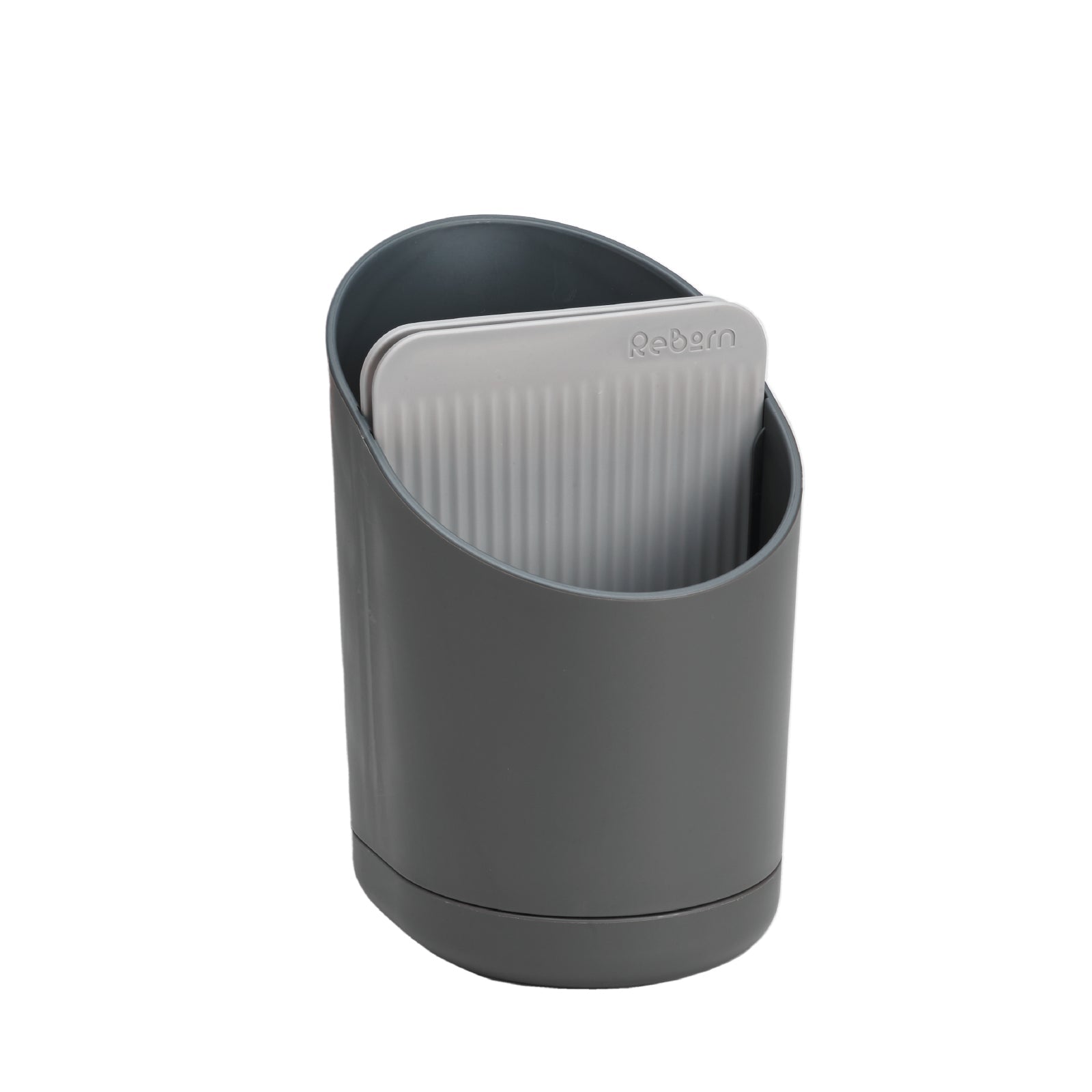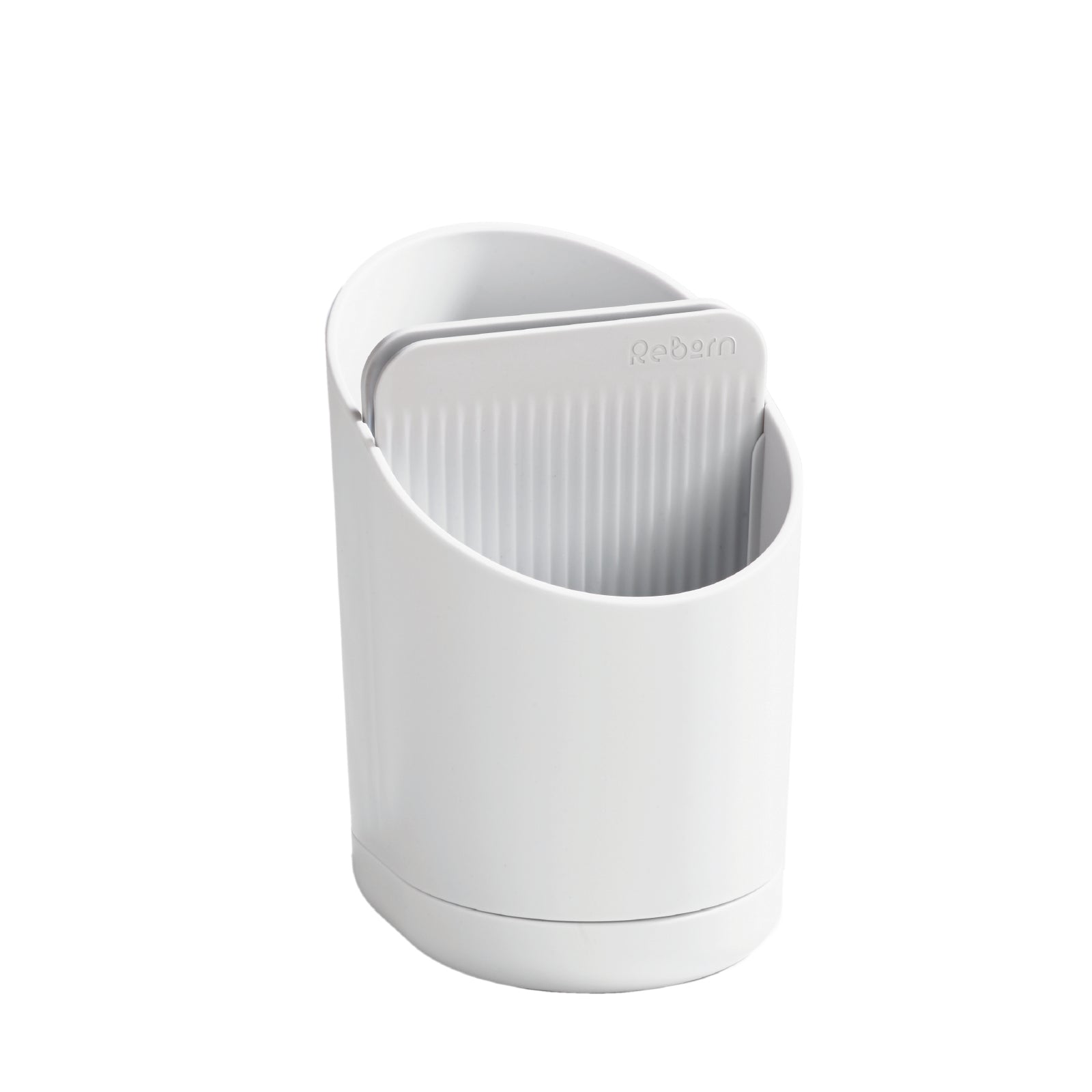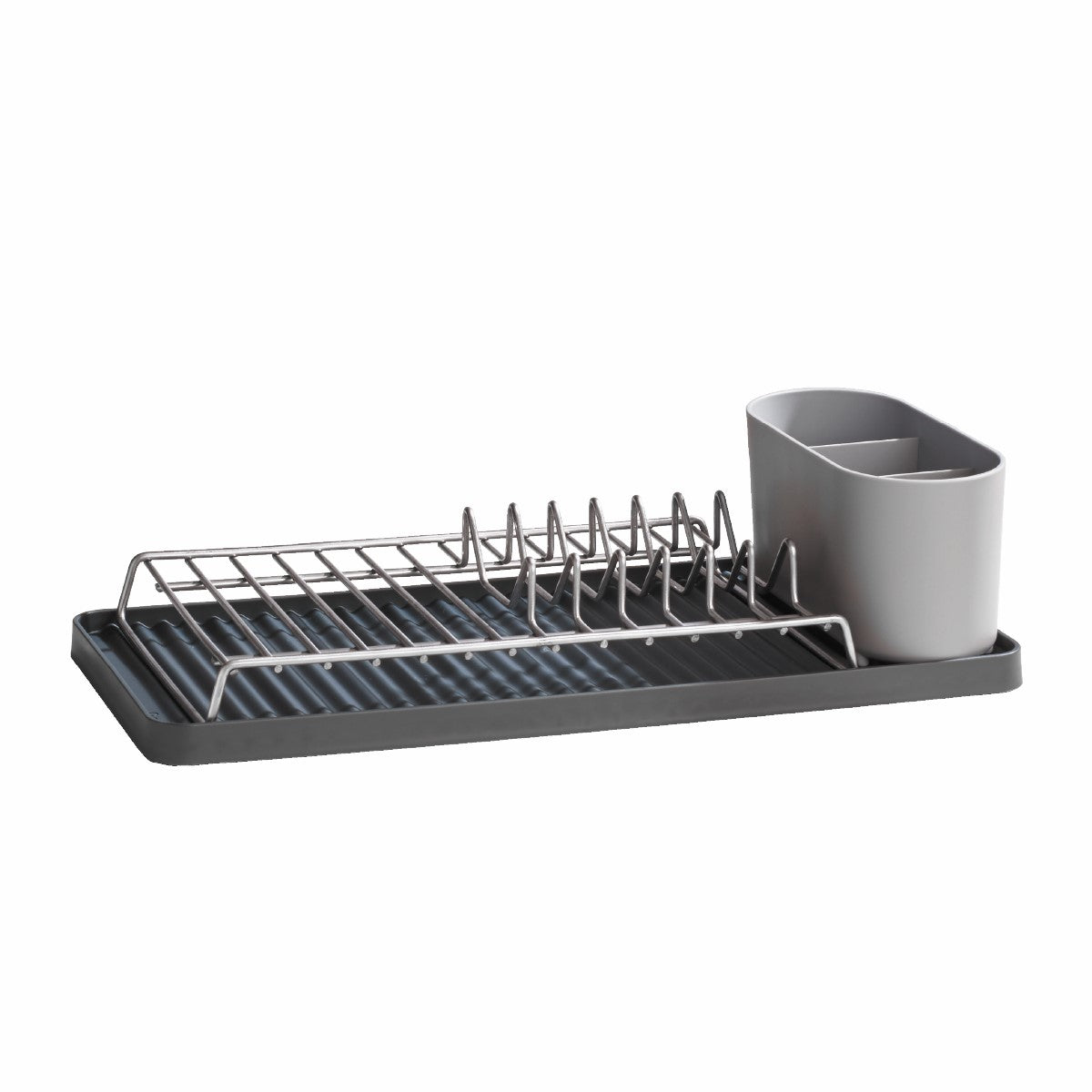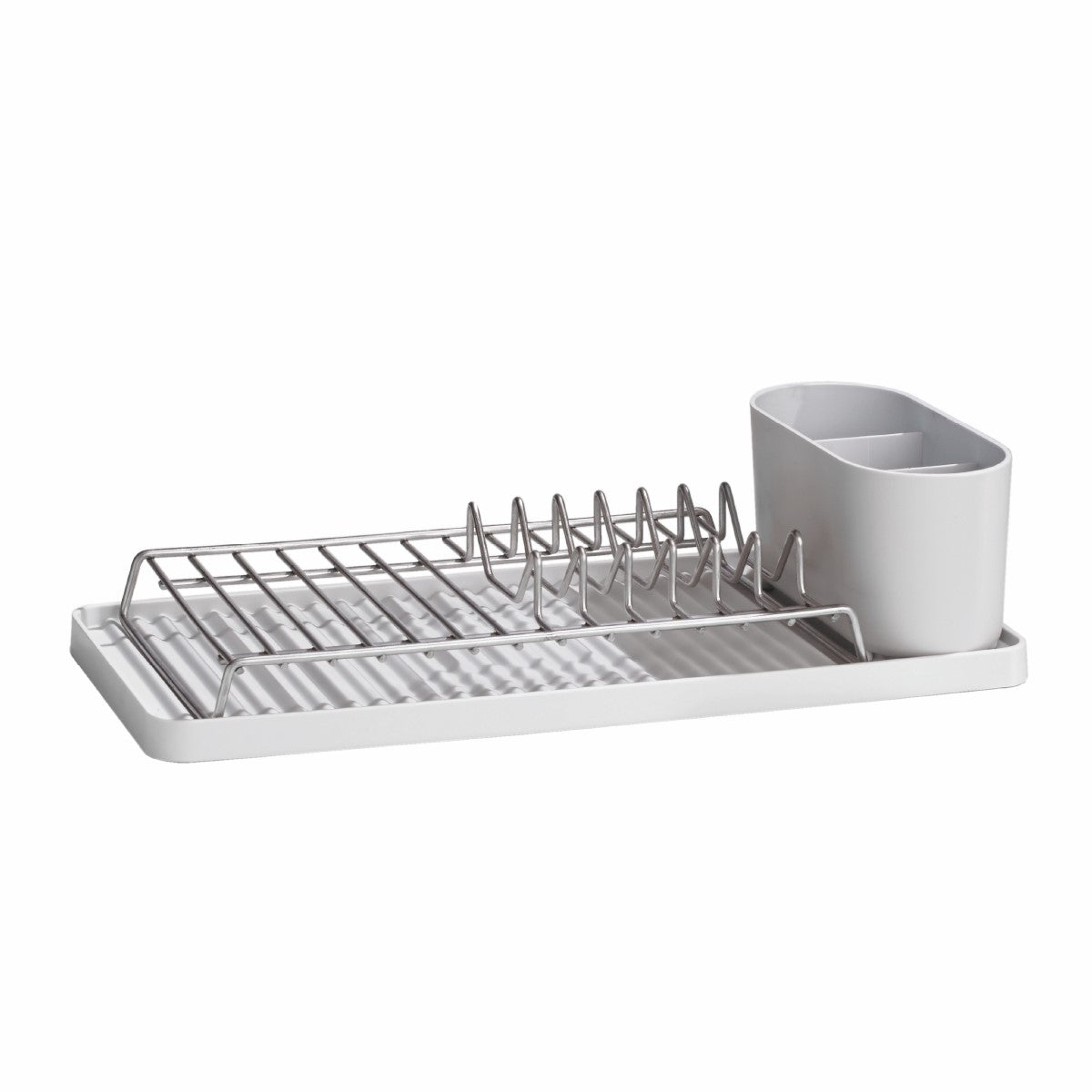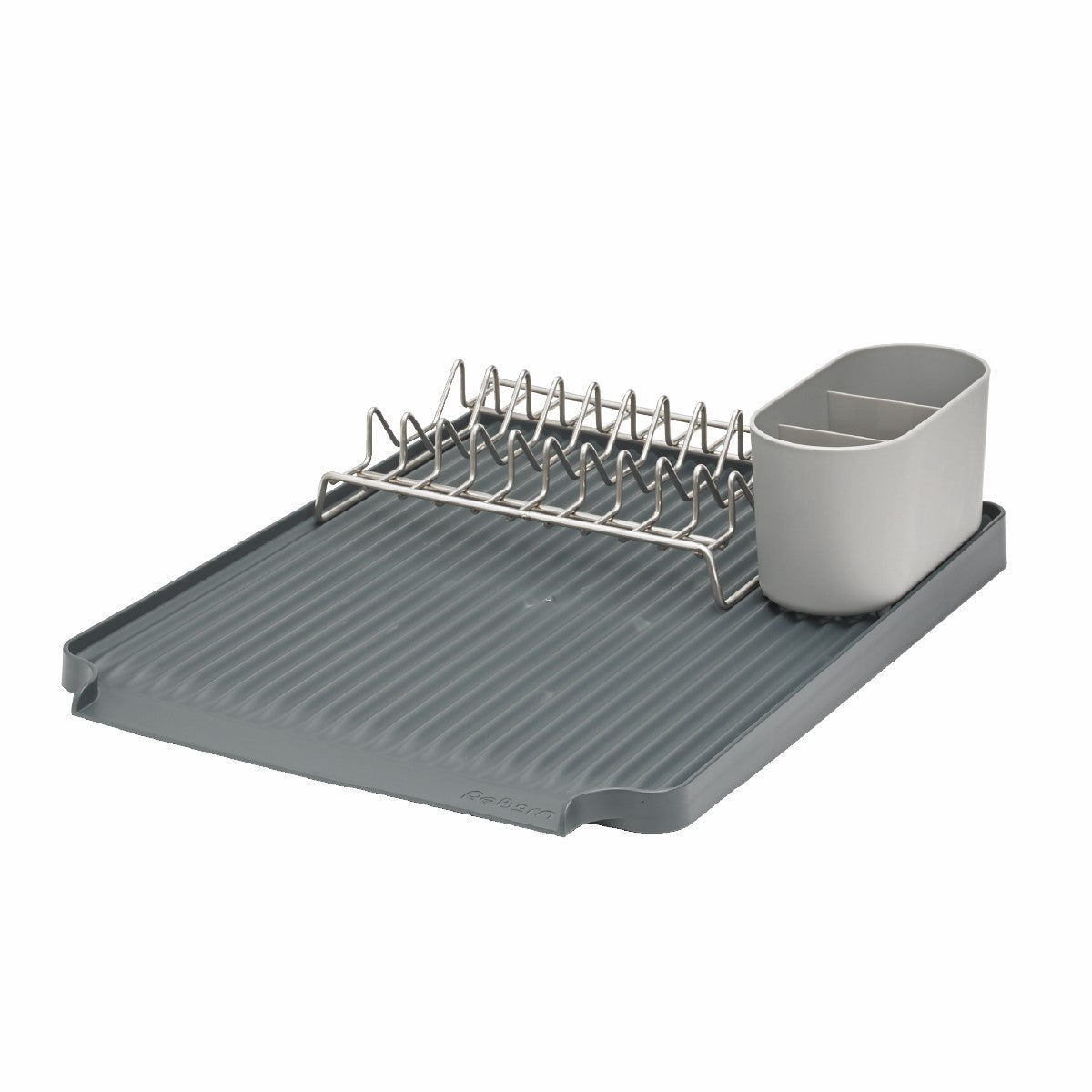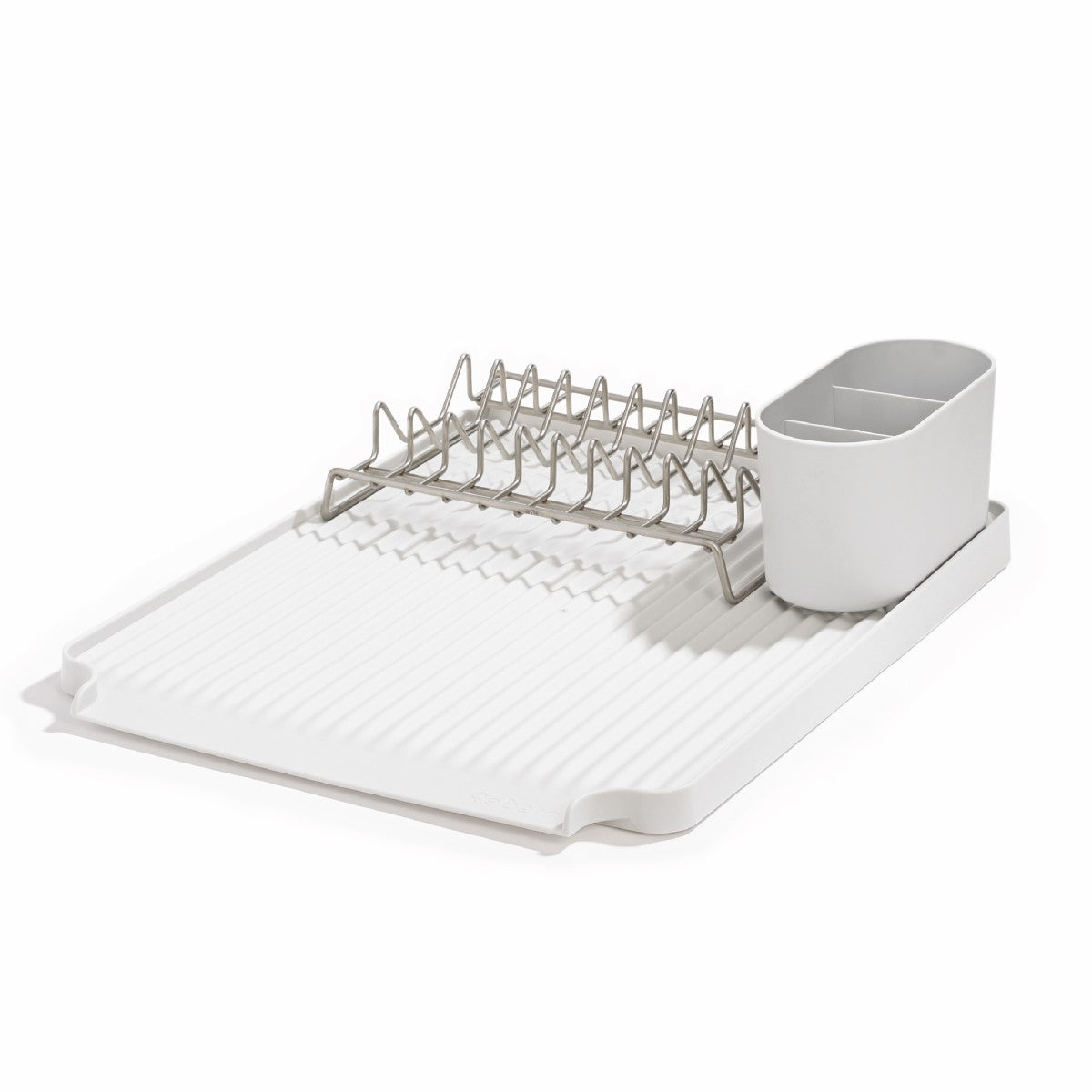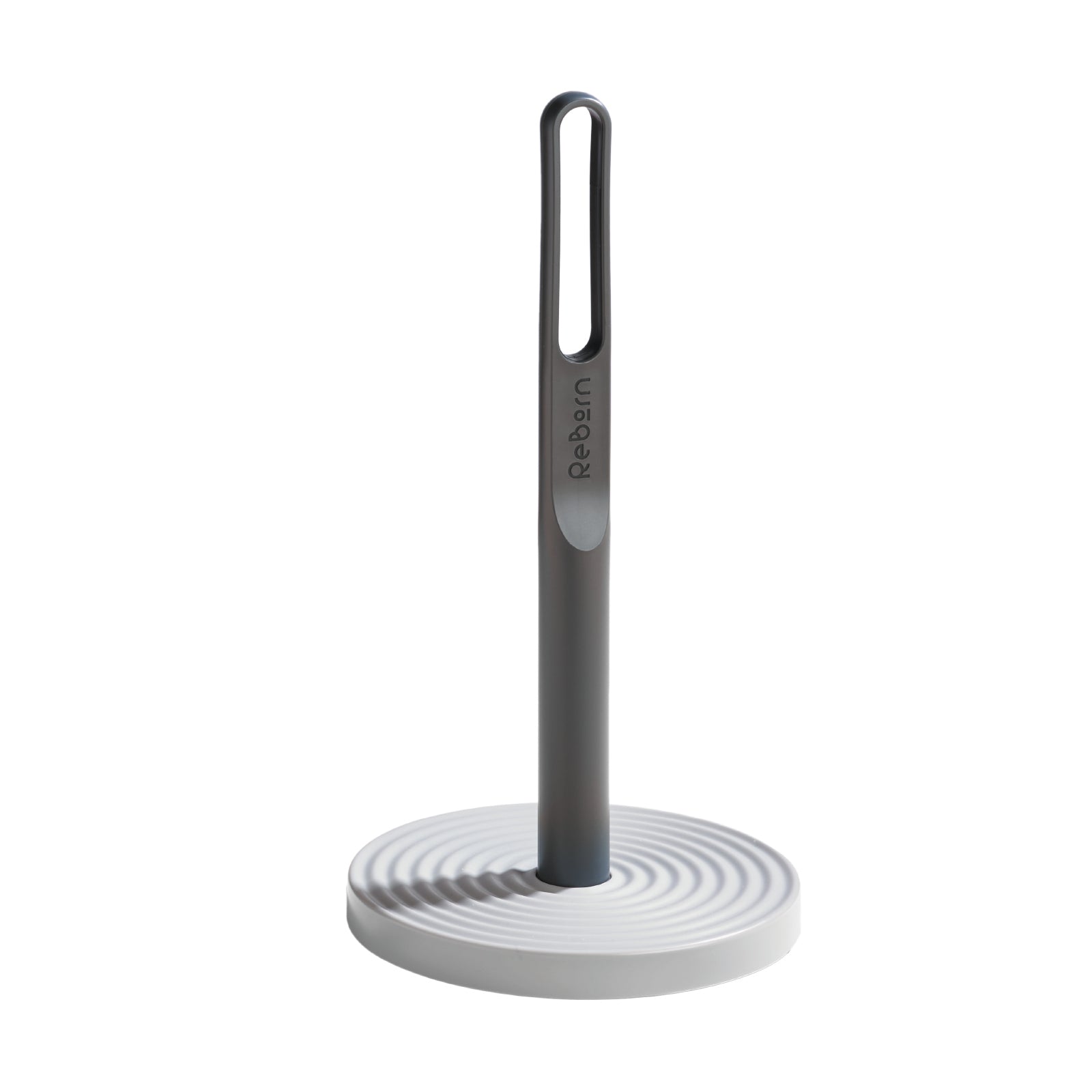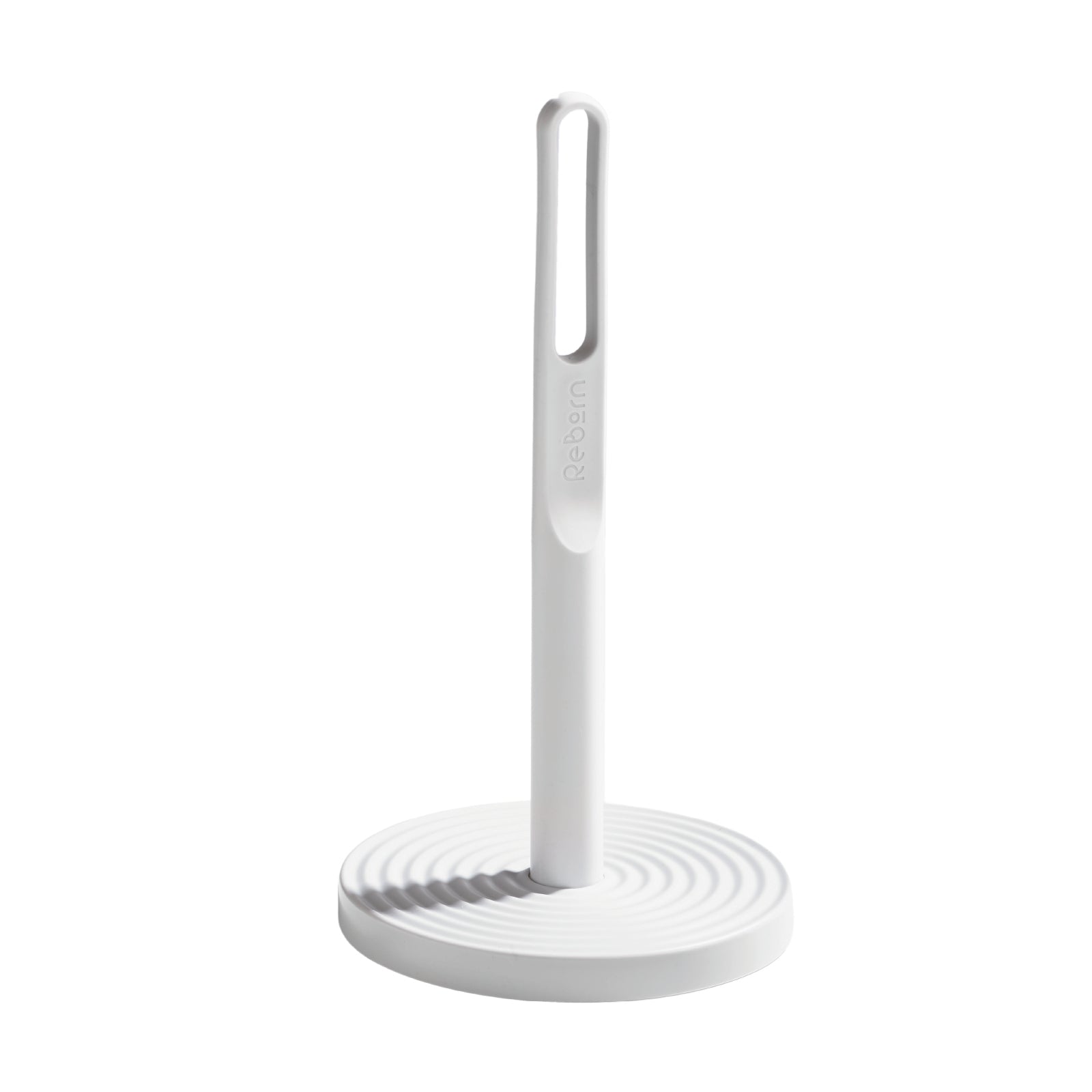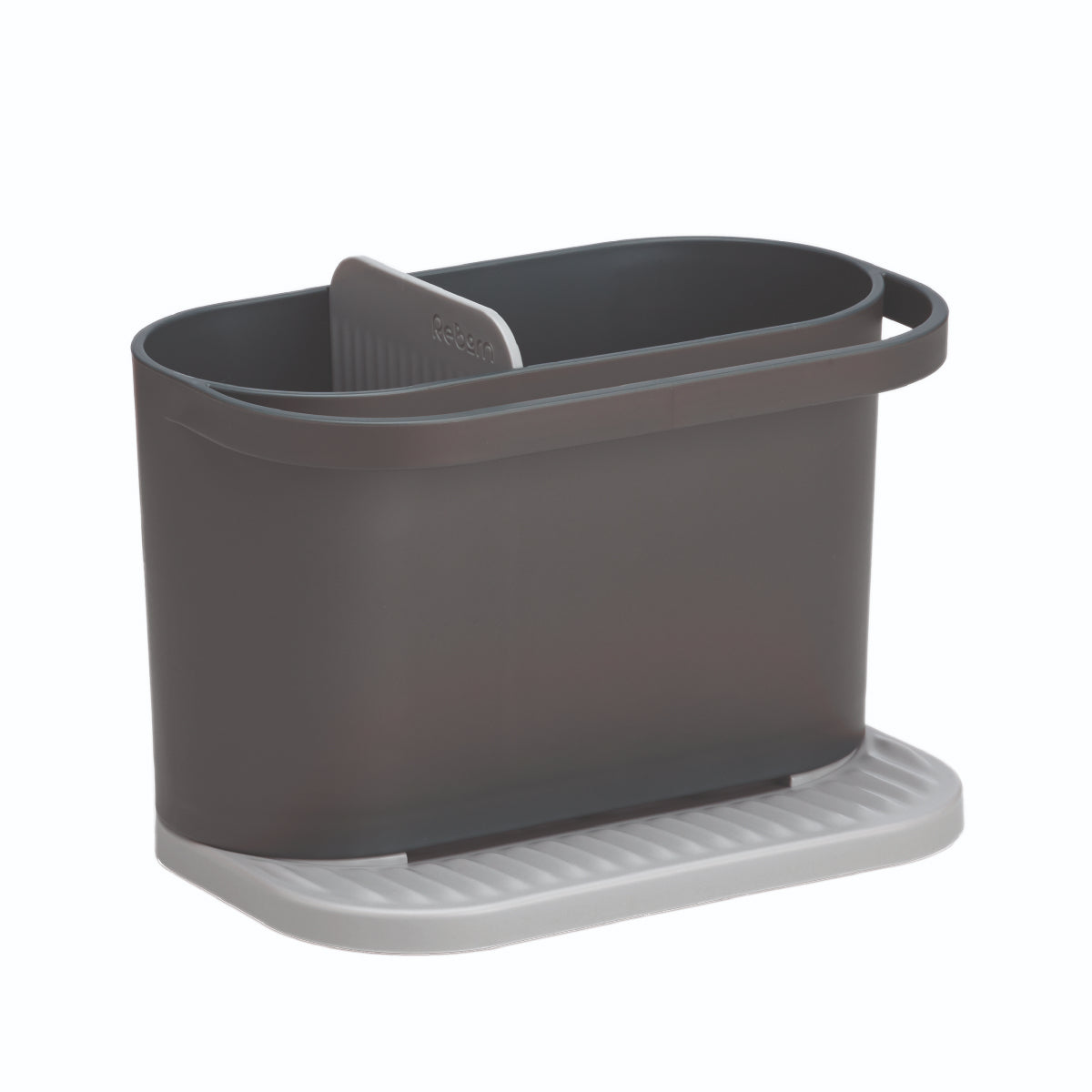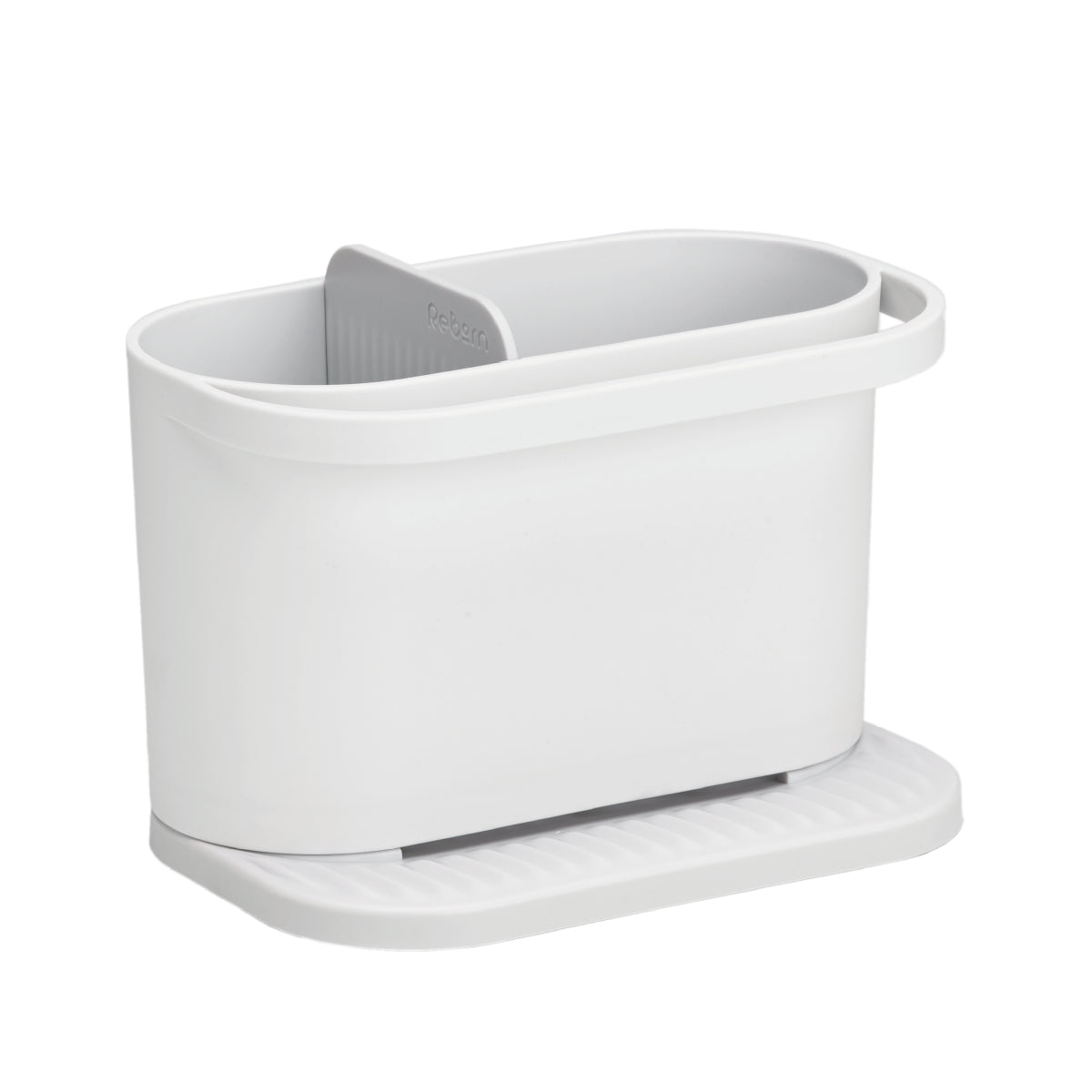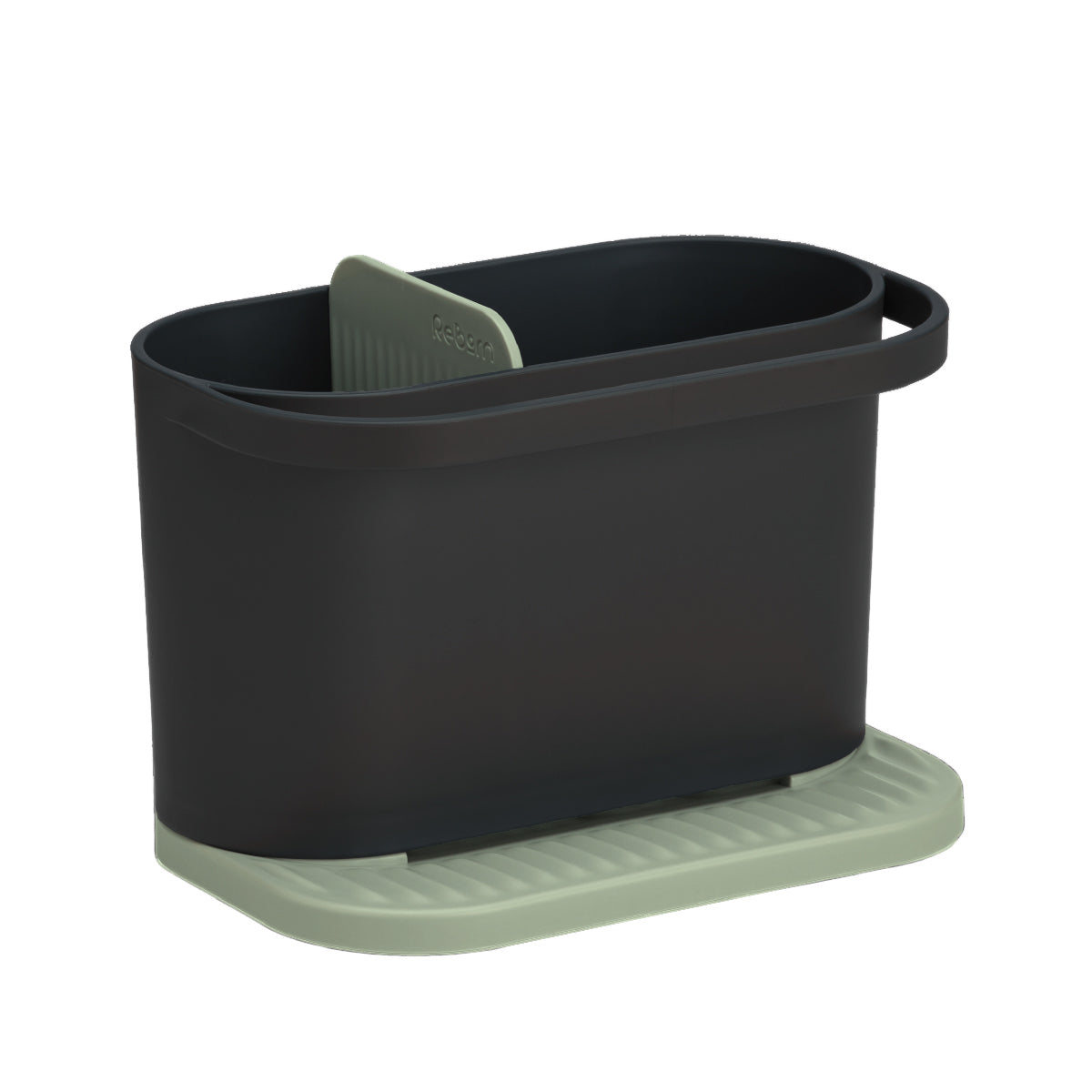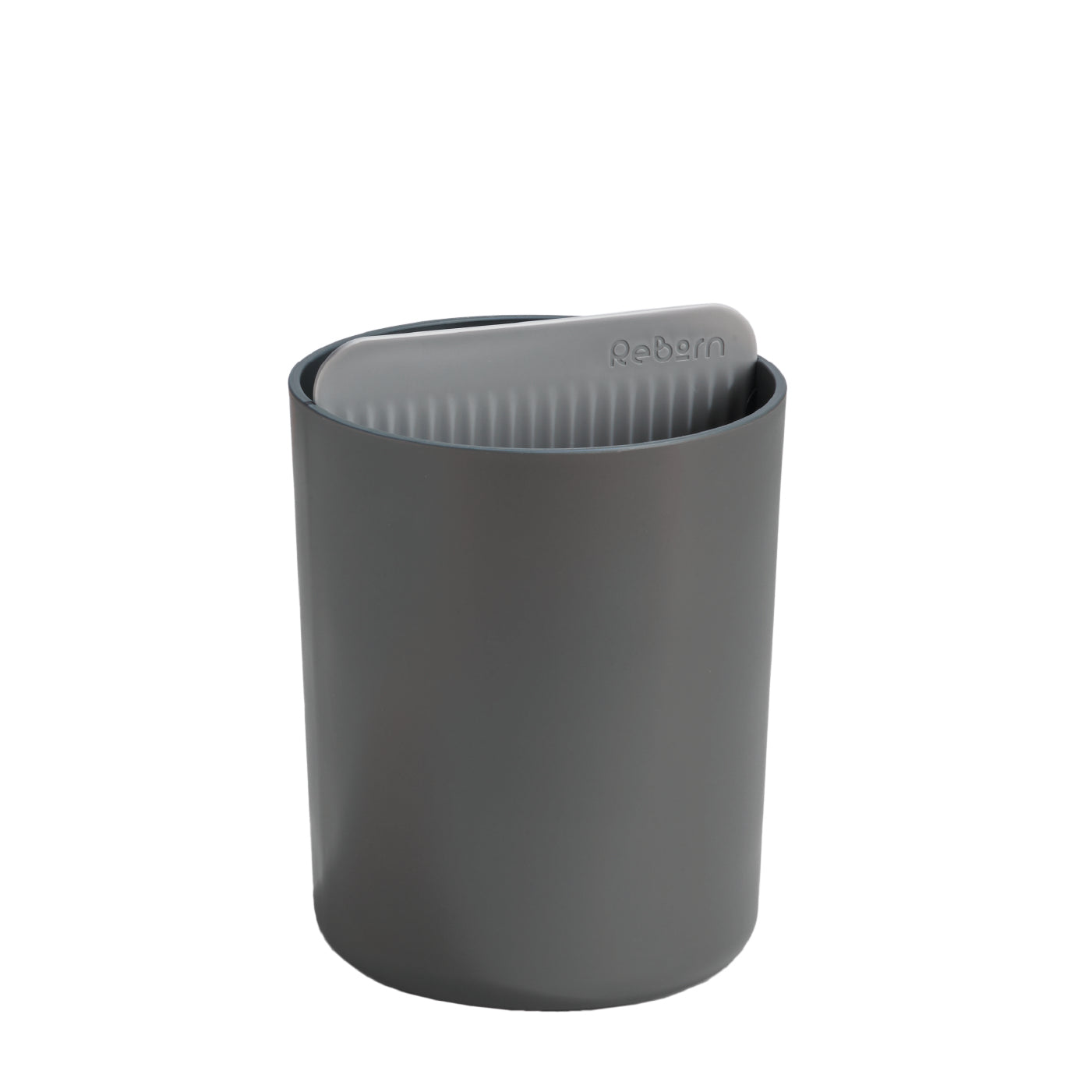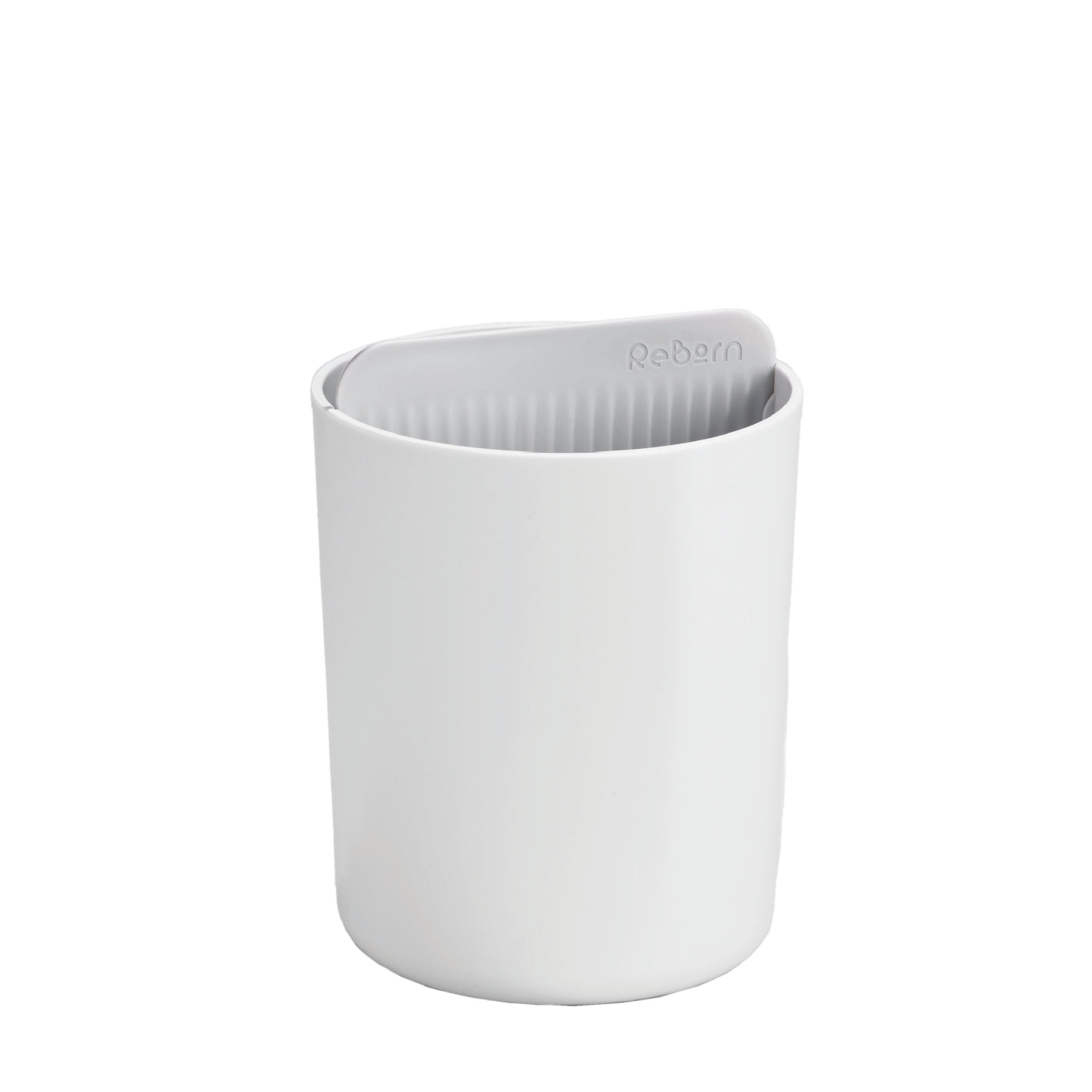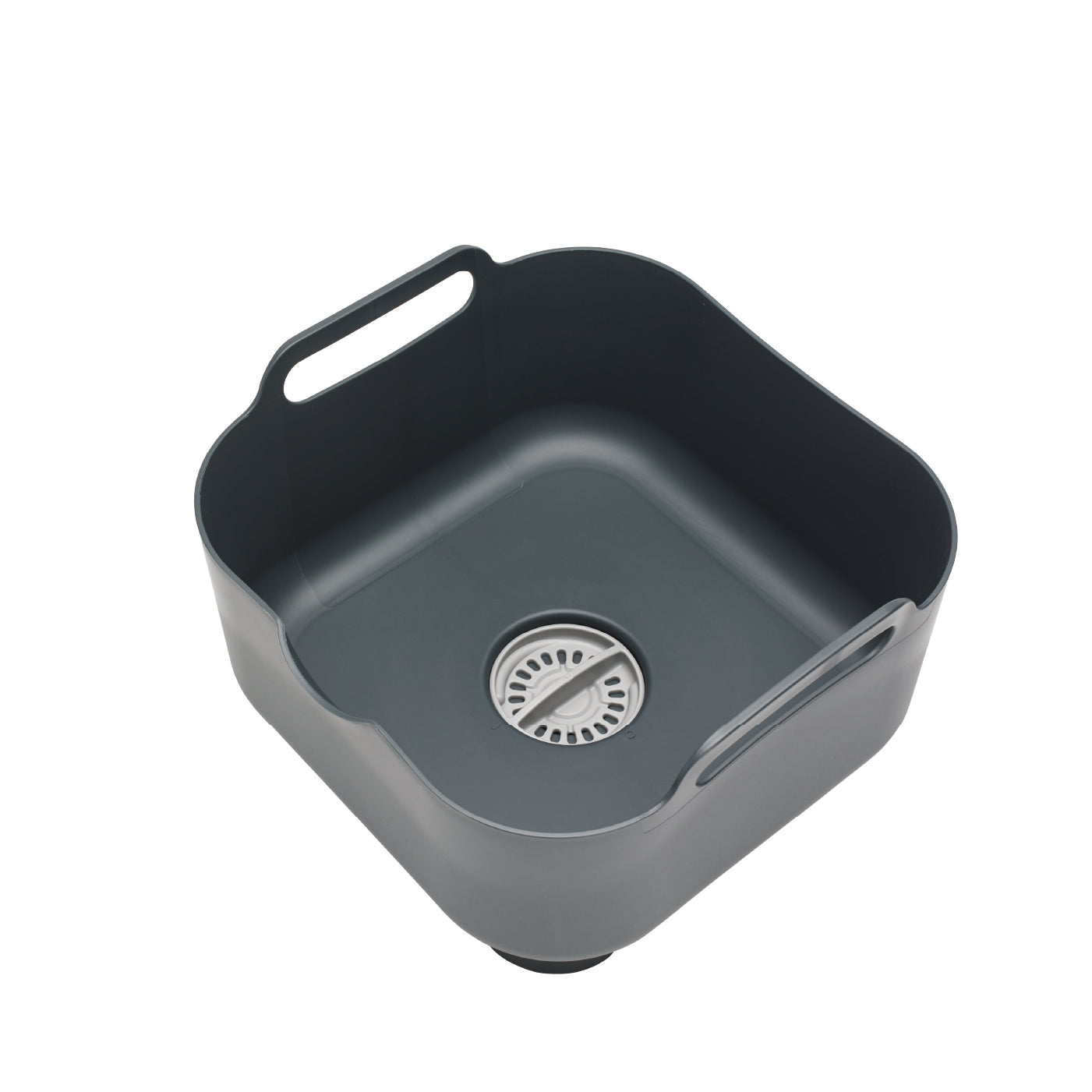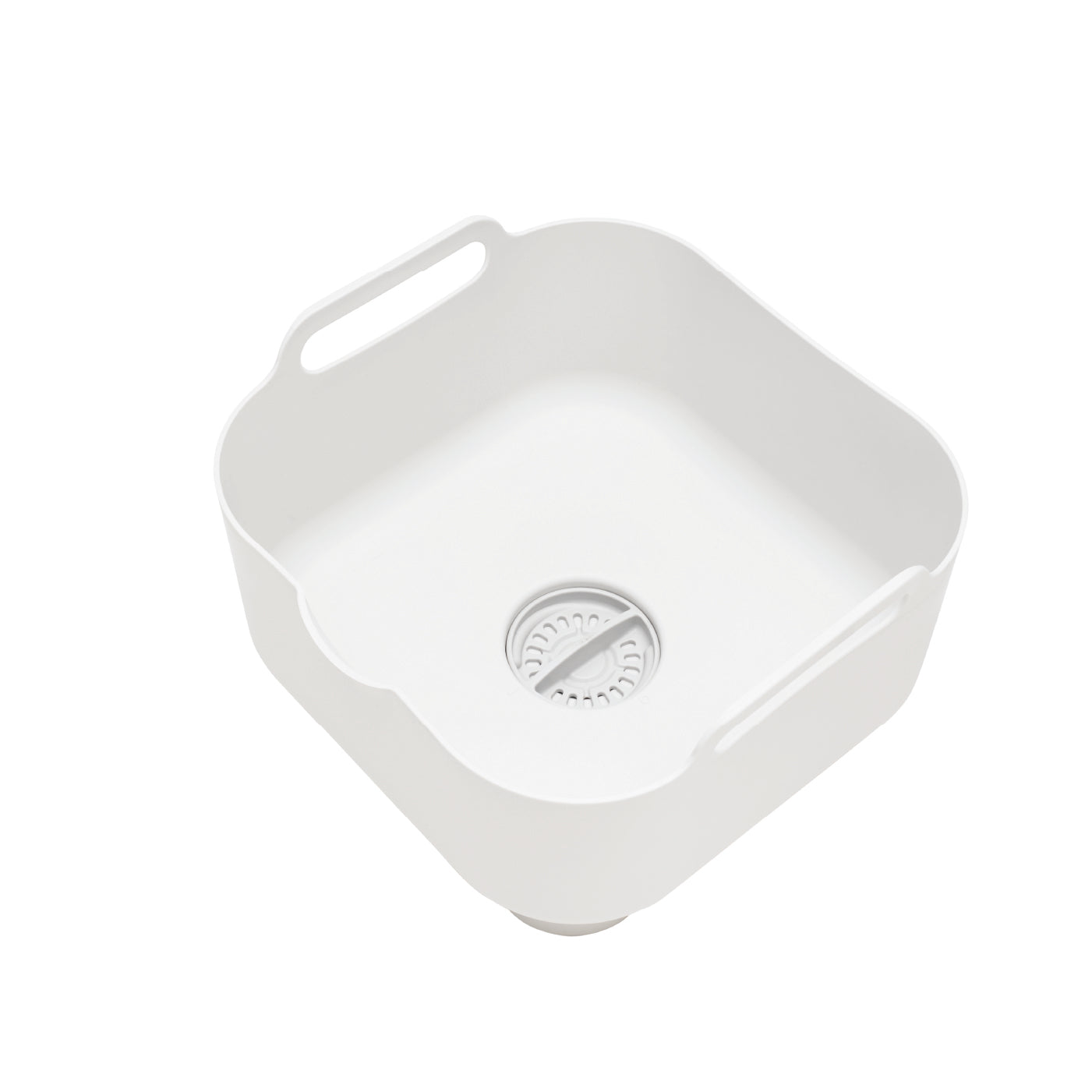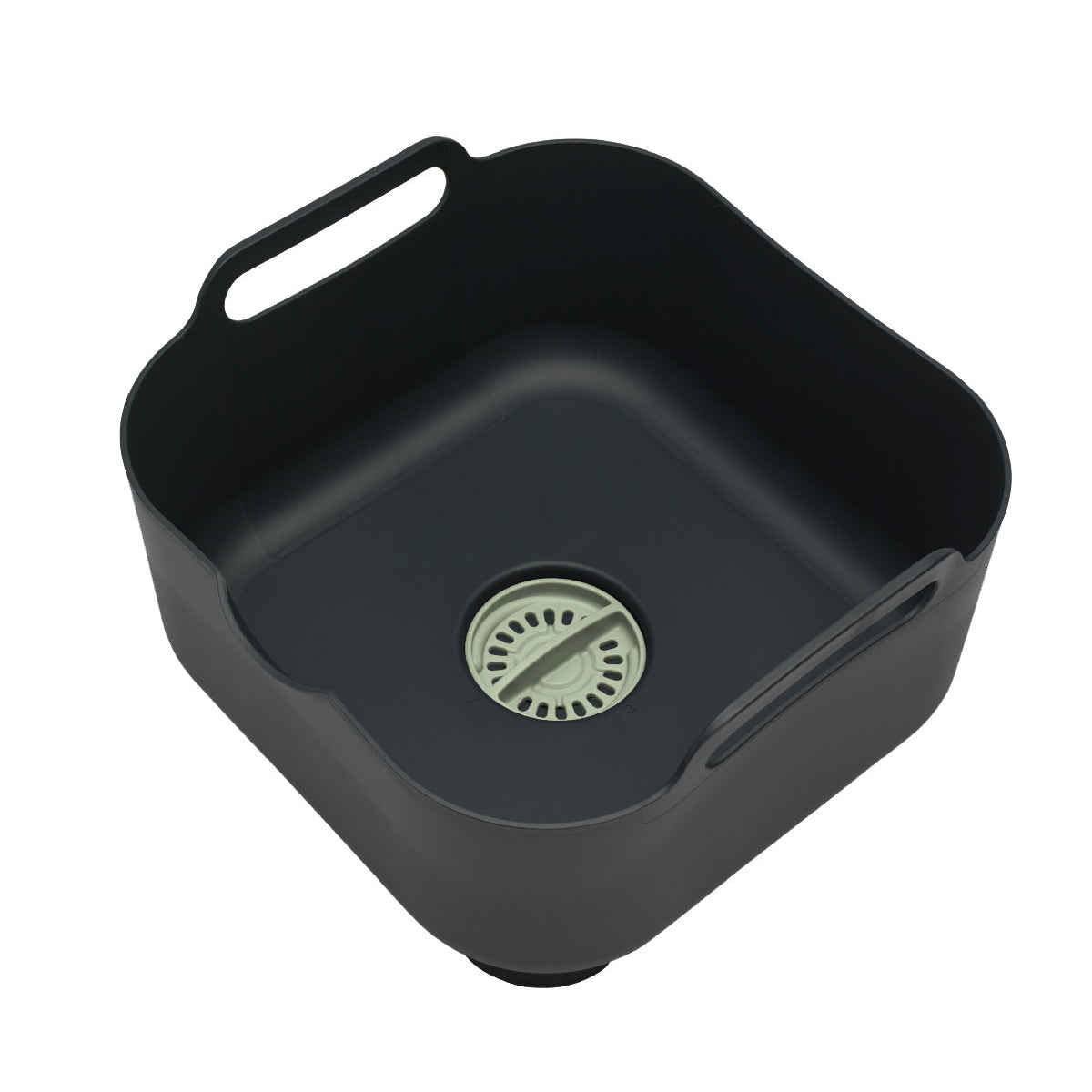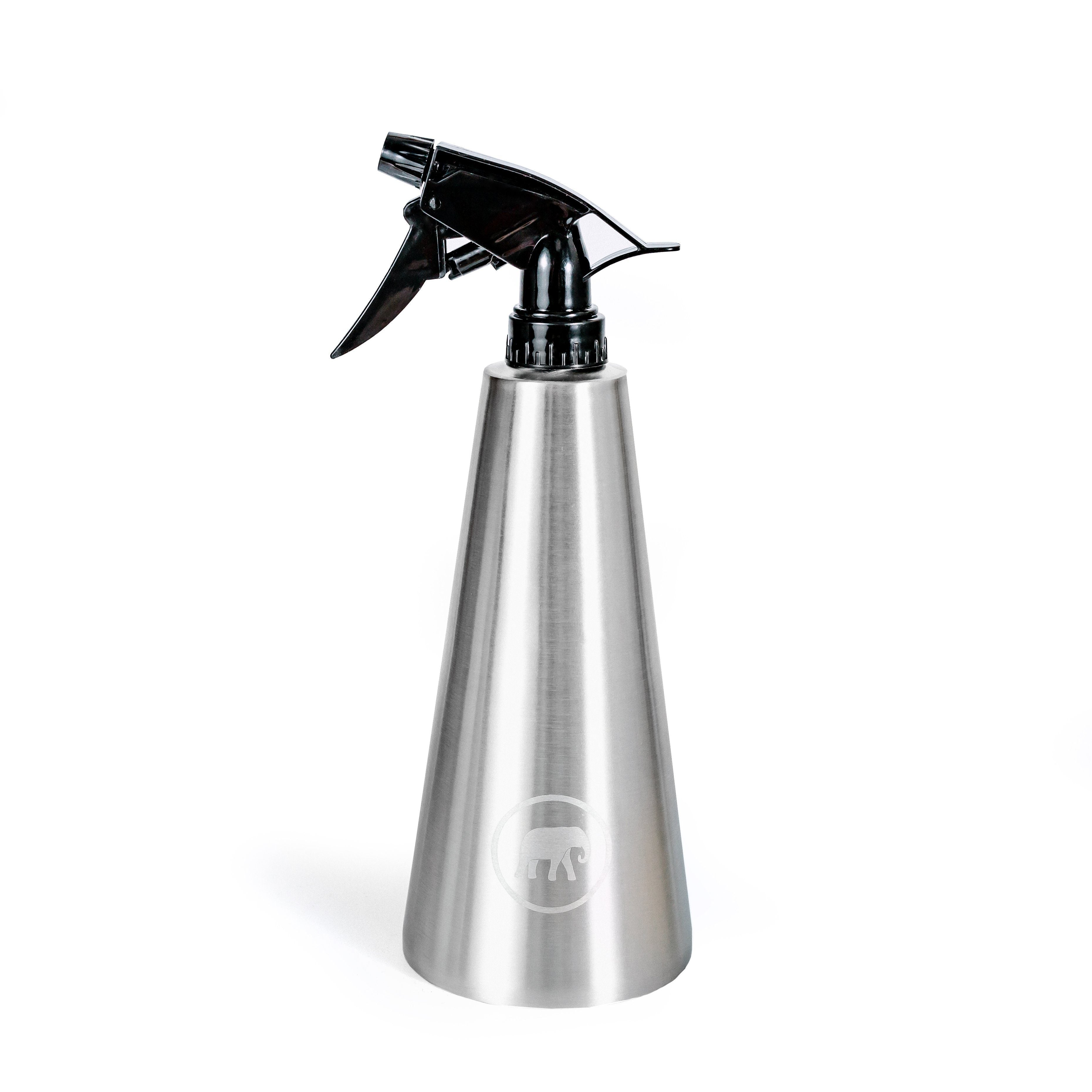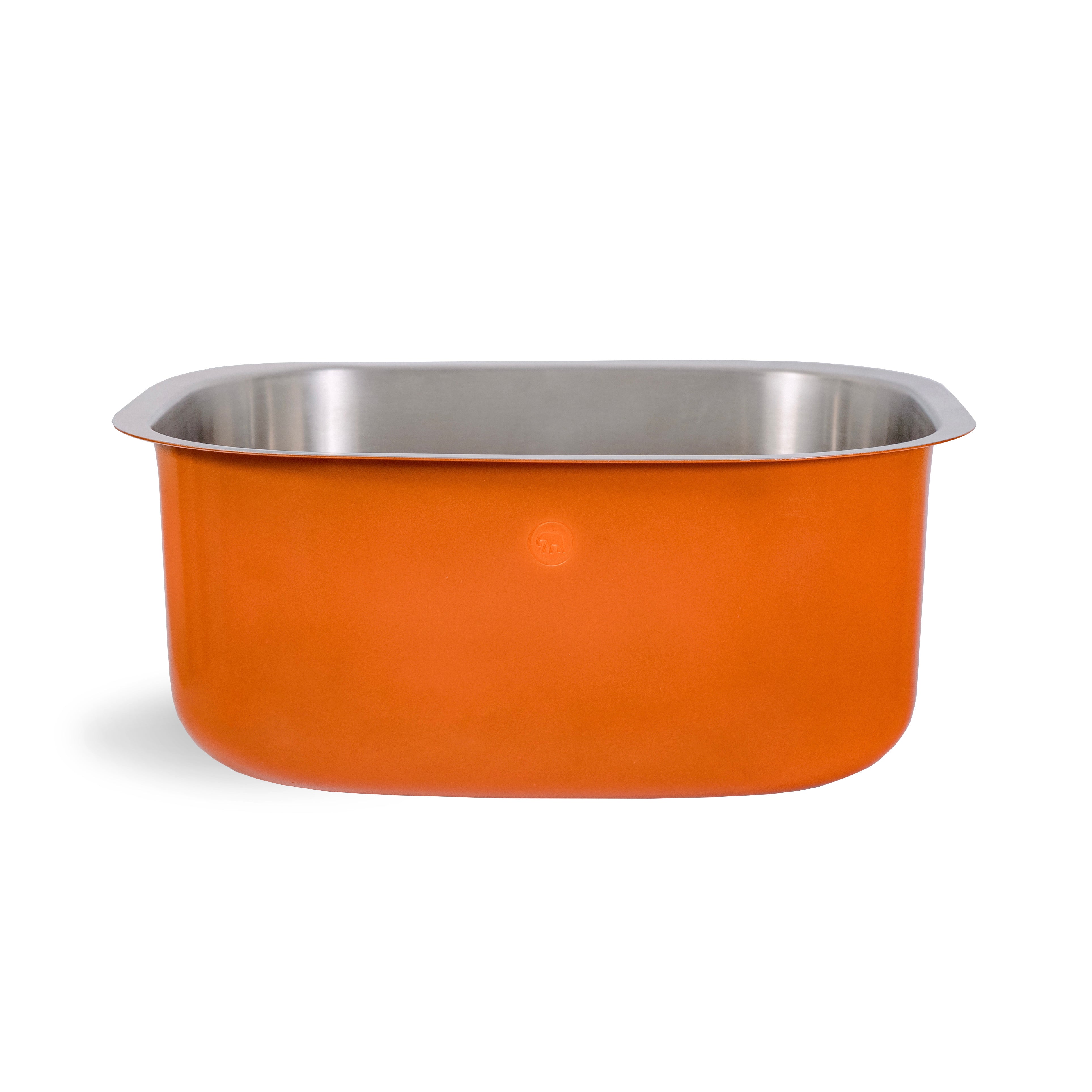Washing Up
Simple, sustainable tools for washing up that lasts. These eco-friendly kitchen essentials are made from 100% recycled materials and built to handle daily scrubbing without giving in. Sturdy draining boards, reliable scourers - all designed to cut waste, not corners. A good choice if you want less plastic and fewer replacements in your routine.
Washing Up FAQs
What are the longest-lasting washing up tools for daily use?
The longest-lasting washing up tools for daily use are made from robust materials like stainless steel, natural fibres, and solid wood. Go for brushes with replaceable heads, tough scouring pads, and reusable cloths that hold up to machine washing. Unlike flimsy sponges, these tools are built to take a daily beating without giving up the ghost. Some brands even provide spare parts or warranties. Avoid synthetic bits that wear out fast or turn manky. For more on how we choose our long-life staples, see how we find our Buy-for-Life products.
How do I care for eco scourers to make them last longer?
To care for eco scourers and make them last longer, give them a good rinse after each use and let them dry out properly. Natural options like coconut or loofah can keep going for weeks if they’re not left soggy. A quick dip in boiling water now and then helps kill off any lurking bacteria. Rotating between a few will give each a breather and stretch their lifespan. Once they're worn out, pop them in the compost if they’re marked 100% compostable. Visit our care and repair resource hub for more tips.
Are natural washing up products as effective as traditional ones?
Yes, natural washing up products can be just as effective as traditional ones when made well. Many plant-based liquids and bars shift grease brilliantly without the need for harsh chemicals. Used with tough tools like coconut fibre brushes or cellulose cloths, they really do pull their weight. Plus, they’re kinder to your hands and don’t add nasties to the water system. Some even undergo lab testing to prove they clean up just as well as conventional ones - good news for your conscience and your cutlery.
What's the safest way to dispose of old cleaning sponges and scourers?
The safest way to dispose of old cleaning sponges and scourers depends on their materials. Natural ones made from loofah, coconut, or cellulose can usually go in your home compost - just check they’re free from synthetic fibres. If it’s a synthetic sponge, it sadly belongs in the general waste bin, as they're not recyclable. Always read the label, and where you can, switch to tools that either last longer or have a simple end-of-life option.
Which washing up tools are truly buy-it-for-life?
Washing up tools that are truly buy-it-for-life are built from durable materials and designed to be repaired. Stainless steel scourers, solid wooden brushes with replaceable heads, and tough metal soap trays all make the cut. Some come with 10-year guarantees or spare parts, so if something goes wonky, you’re not chucking the lot. These tools resist daily wear and value sustainability as much as good design. A bit of up-front investment saves a heap of hassle (and waste) later.
Can eco-friendly washing up products be composted or recycled?
Eco-friendly washing up products can often be composted or recycled, depending on what they’re made of. Natural scourers like loofah, coconut husk, or cellulose usually go straight into home compost bins. Wooden brushes with metal bits can be separated for proper recycling. Just bin any synthetic parts first. Packaging tends to be recyclable too - look out for bare-minimum or plastic-free wrappers to keep things tidy and green.
What are the essential tools for a sustainable washing up routine?
The essential tools for a sustainable washing up routine include hardy brushes with refill heads, natural scourers, reusable cloths, and solid dish soap without plastic packaging. These low-waste essentials cut down on disposables while doing the job brilliantly. Stick to materials like wood, metal, and compostable fibres, and explore our high-quality-durable-kitchenware for long-life options. Want more planet-friendly kitchen ideas? Pop over to our guide Zero Waste Home: 13 Easy Swaps for the Kitchen.


